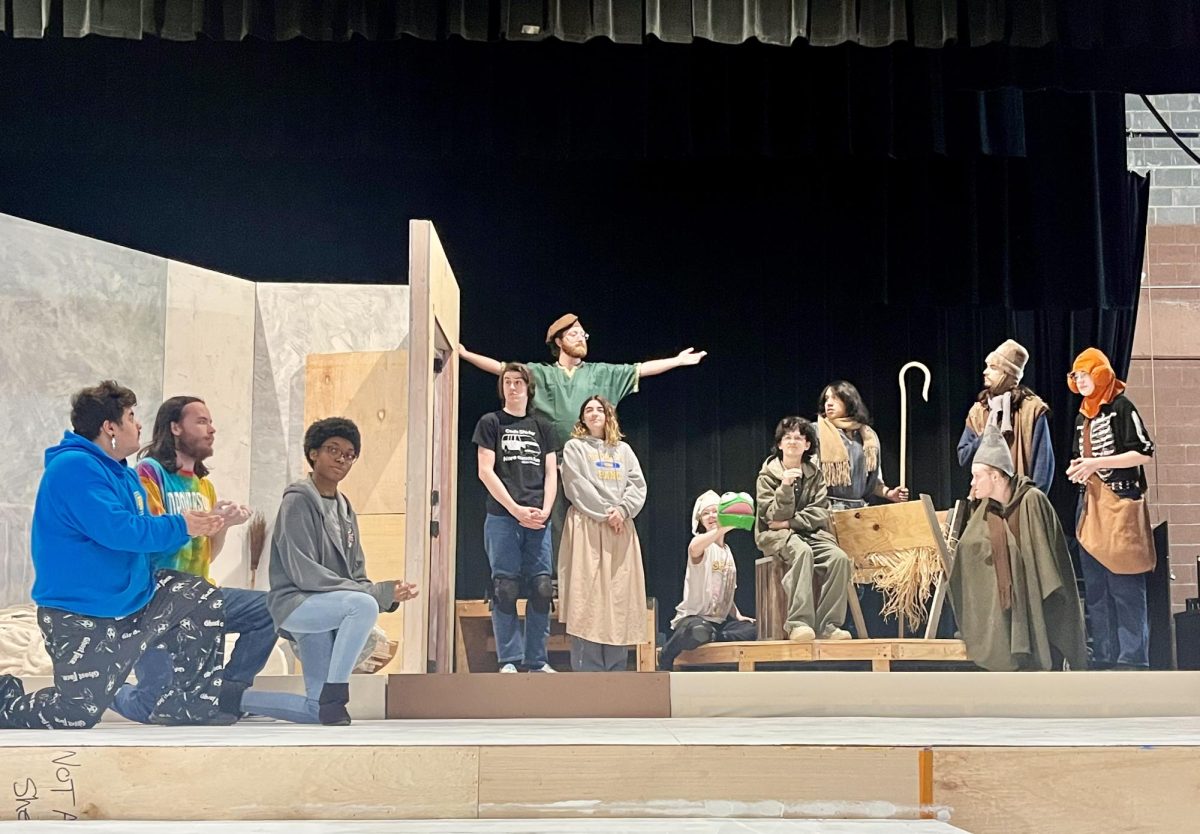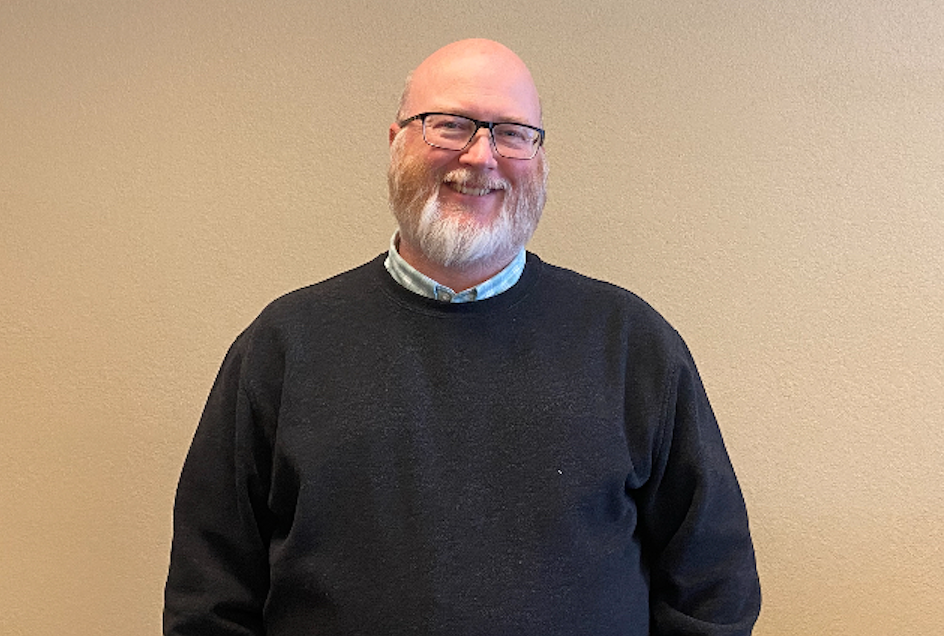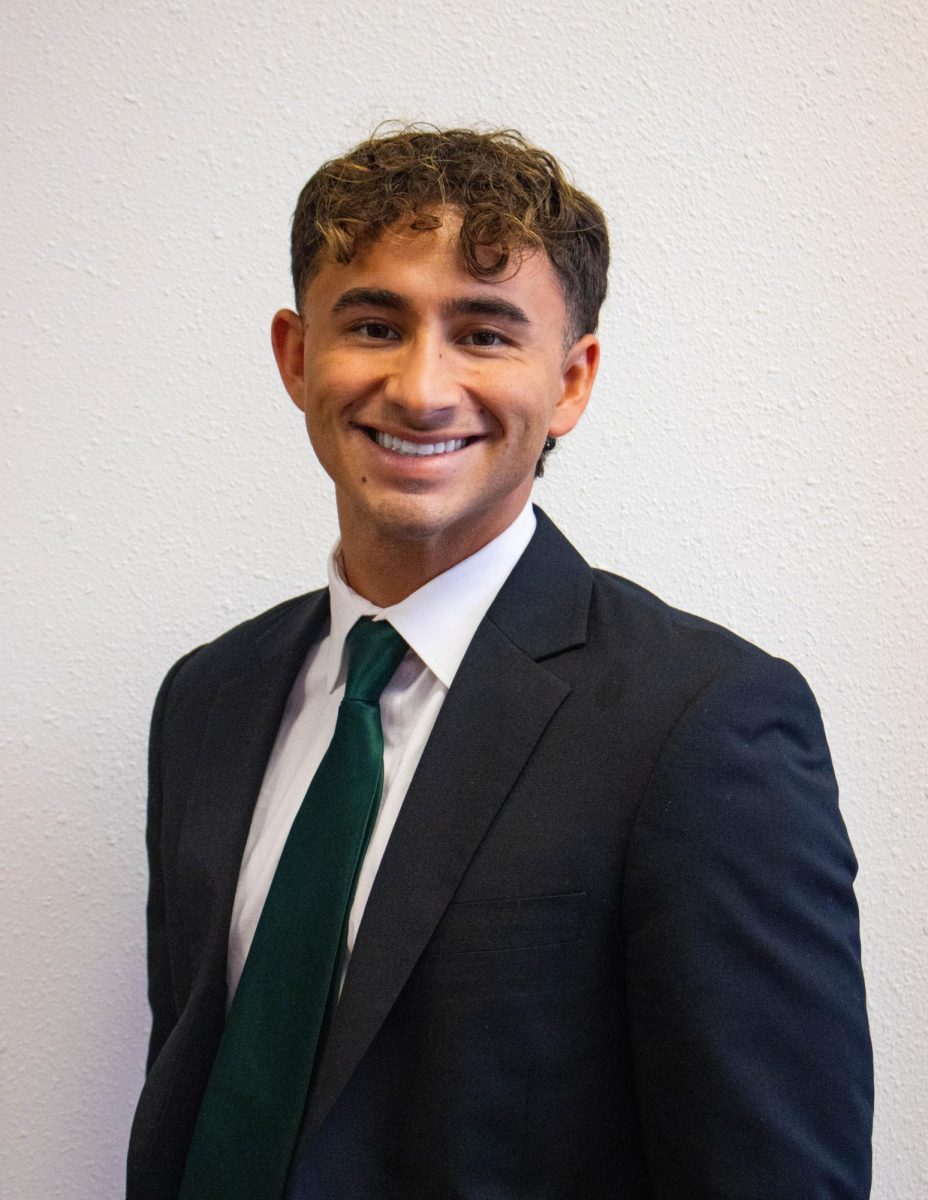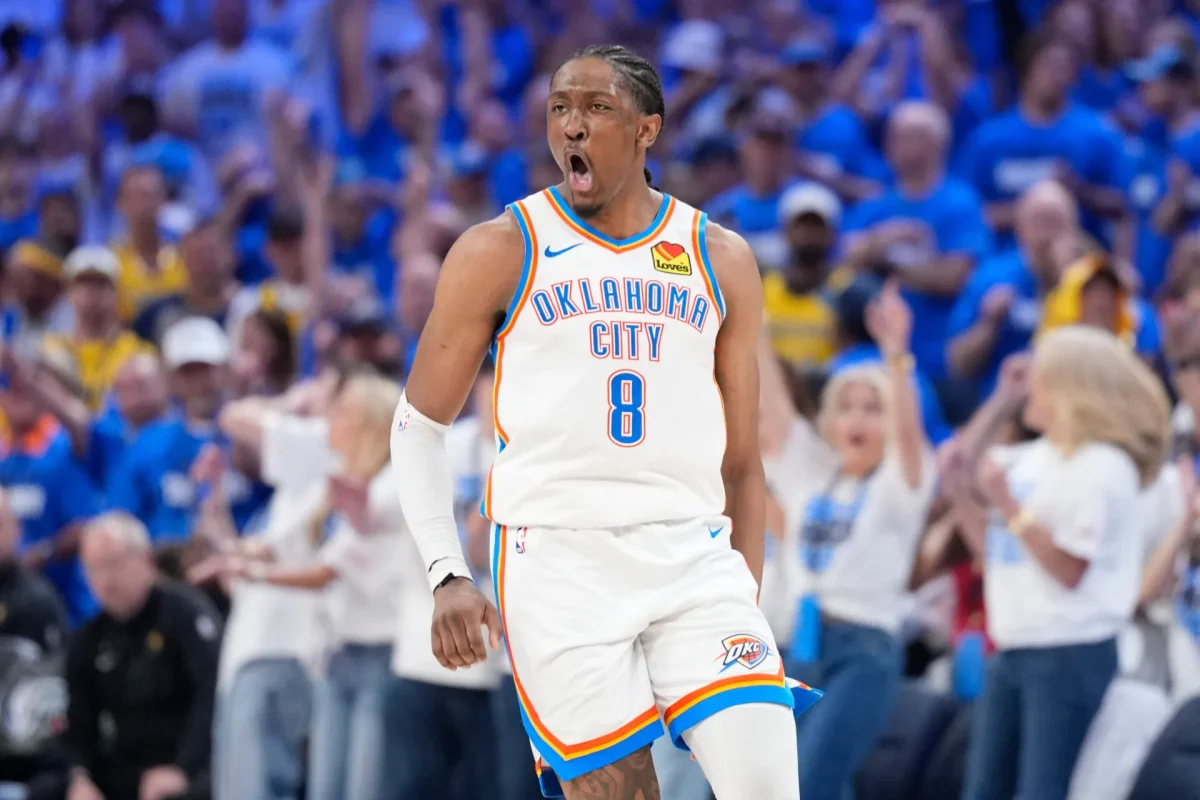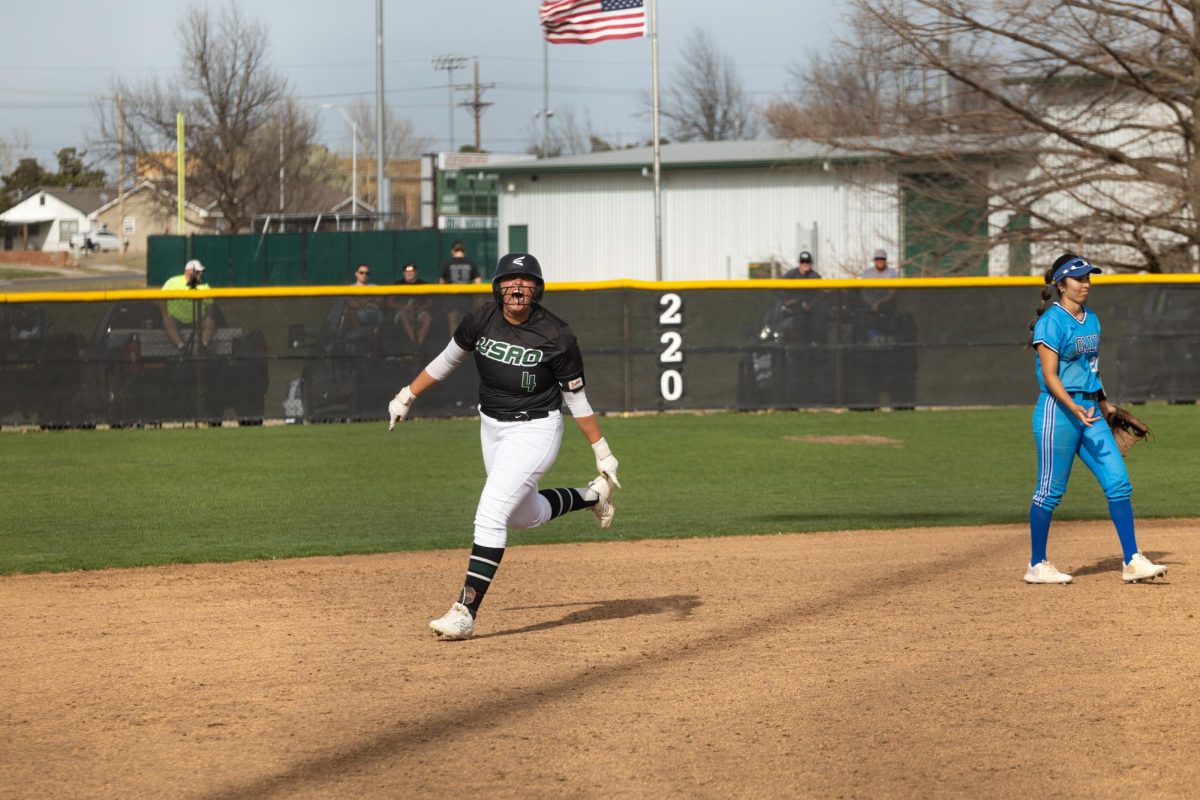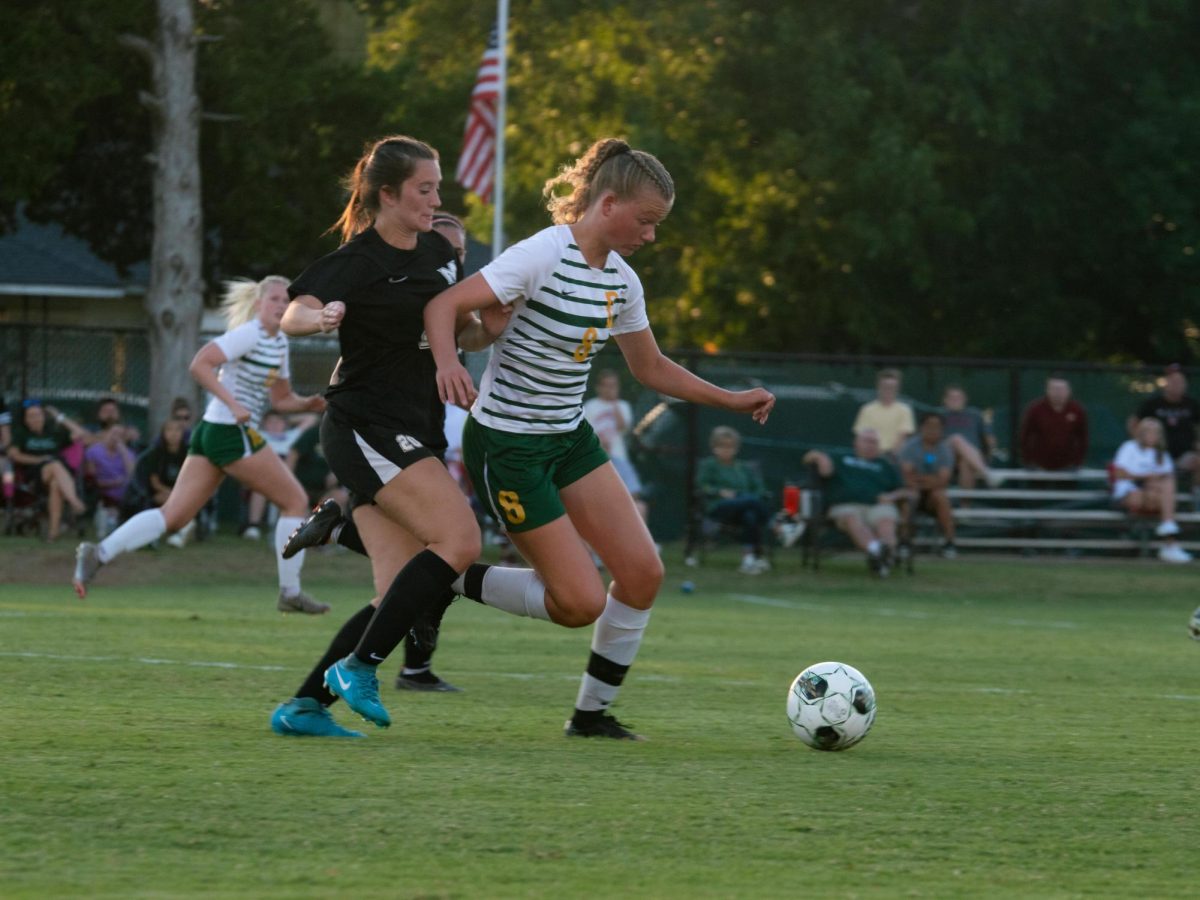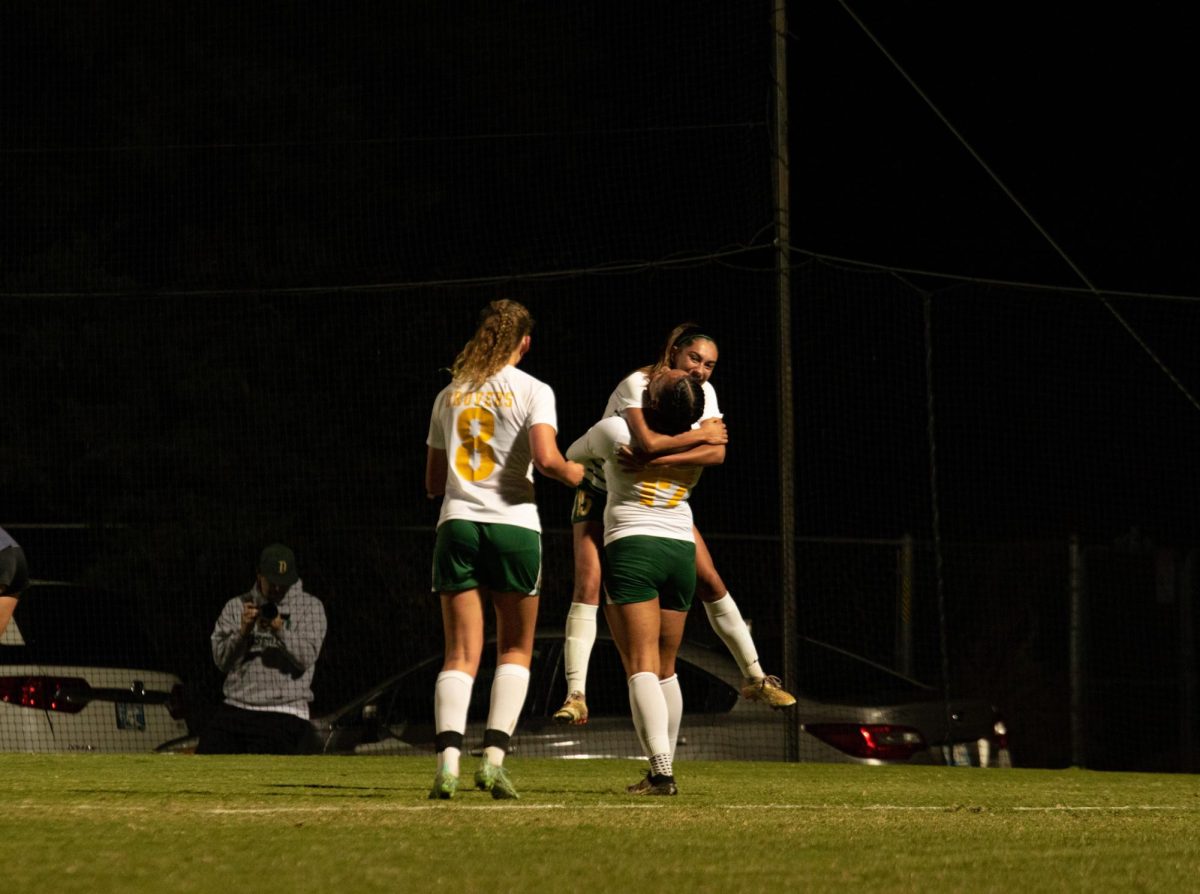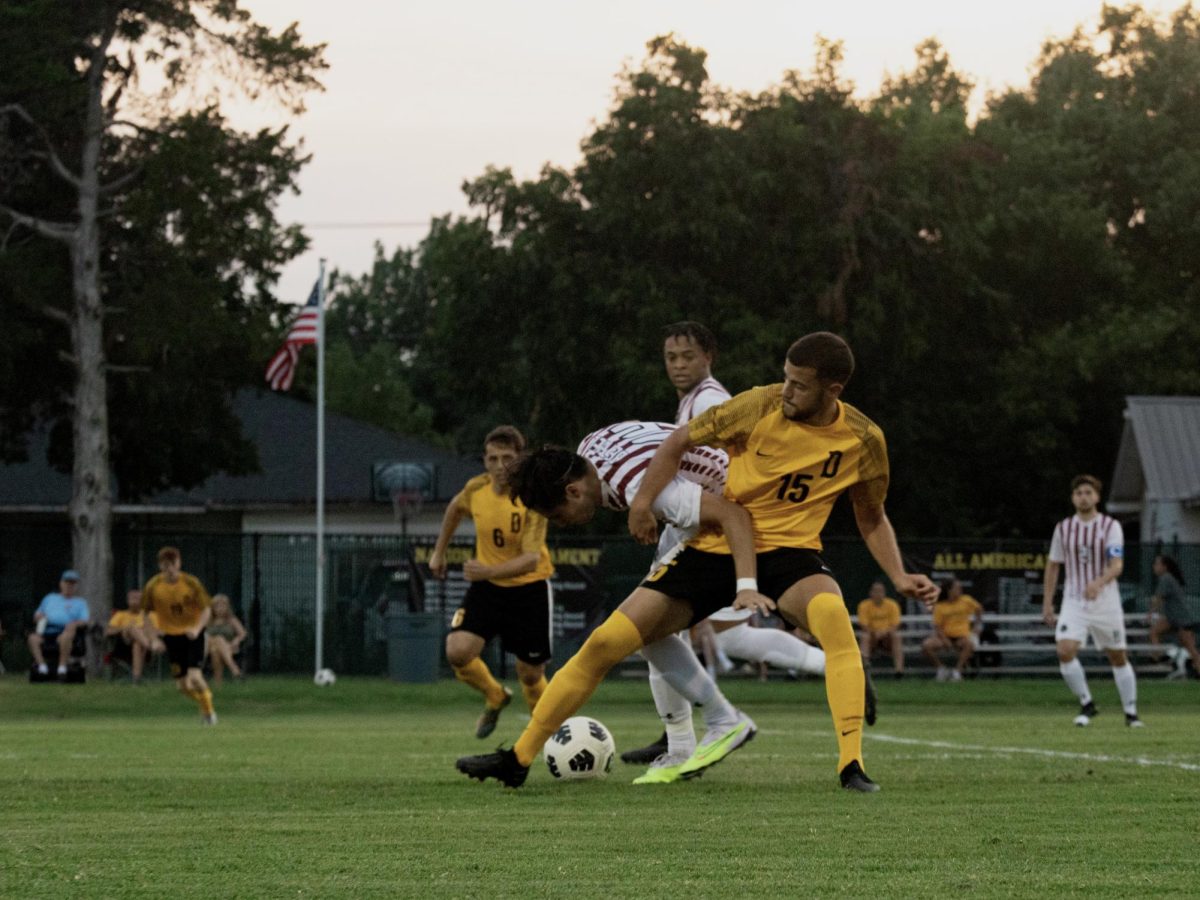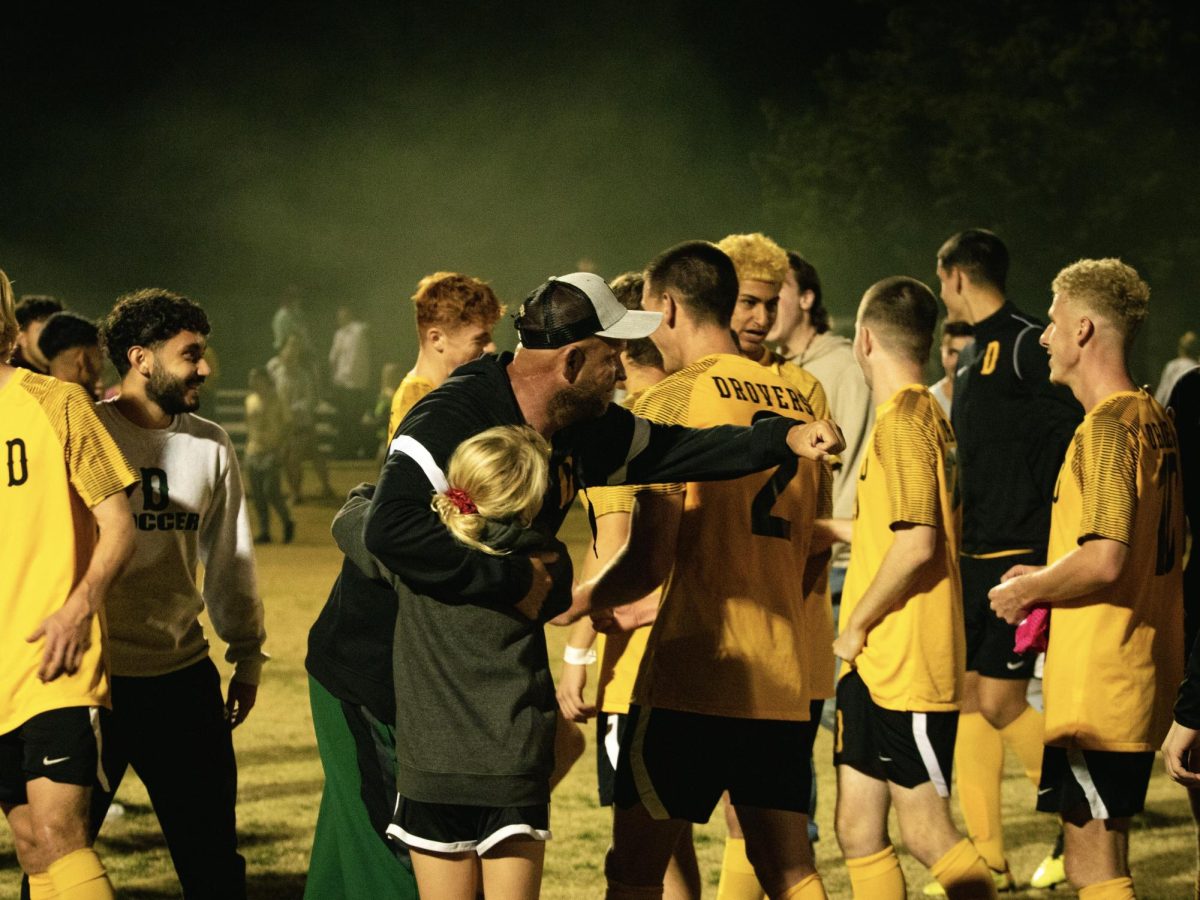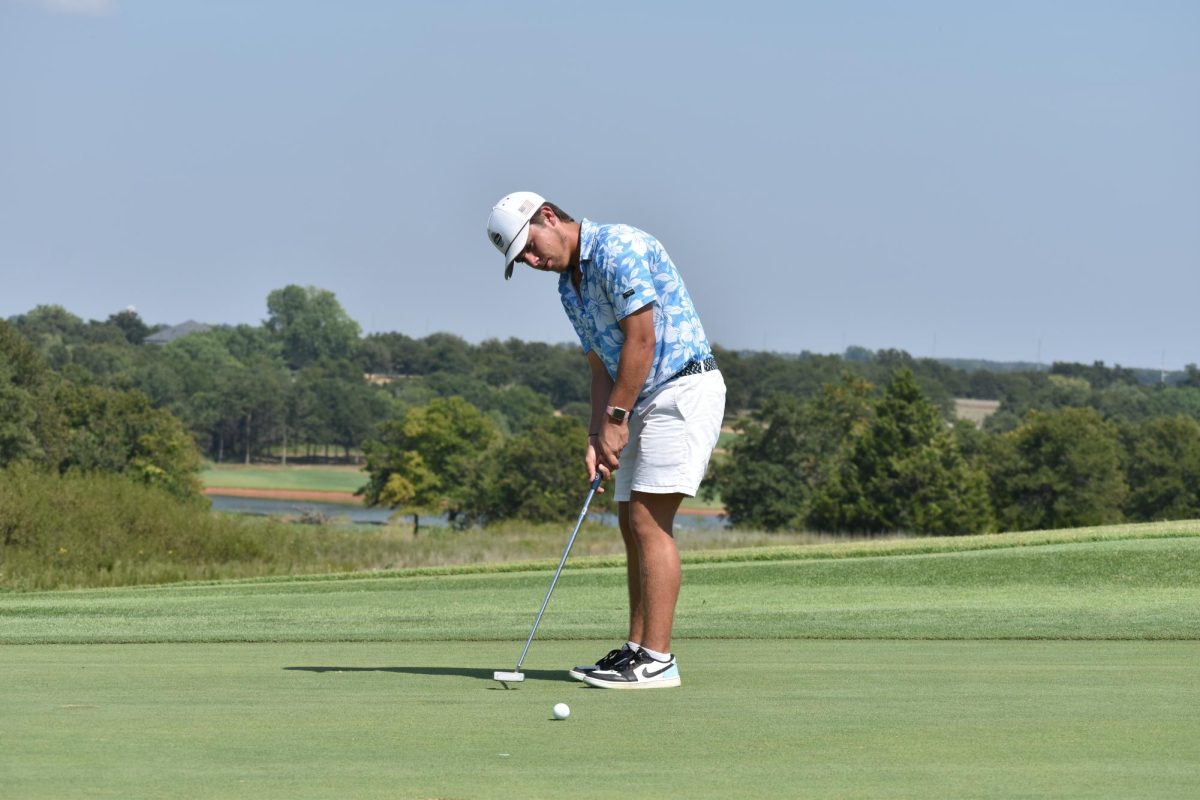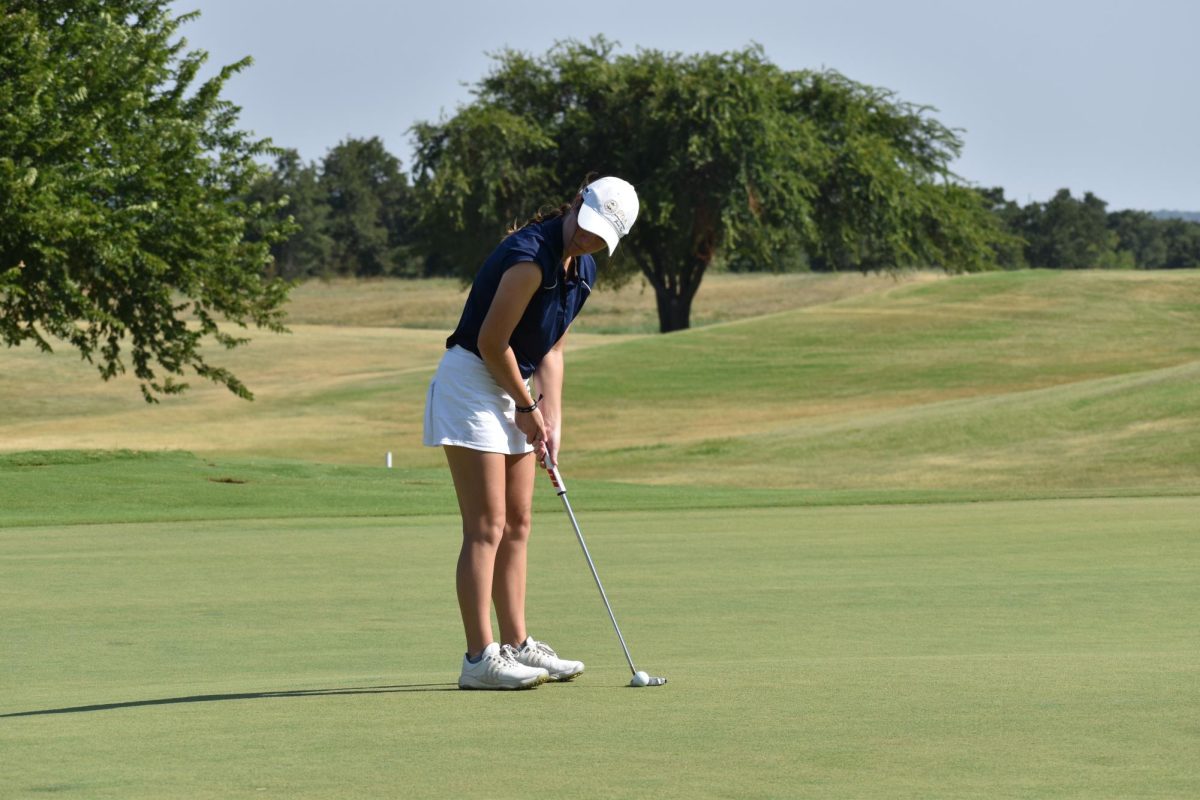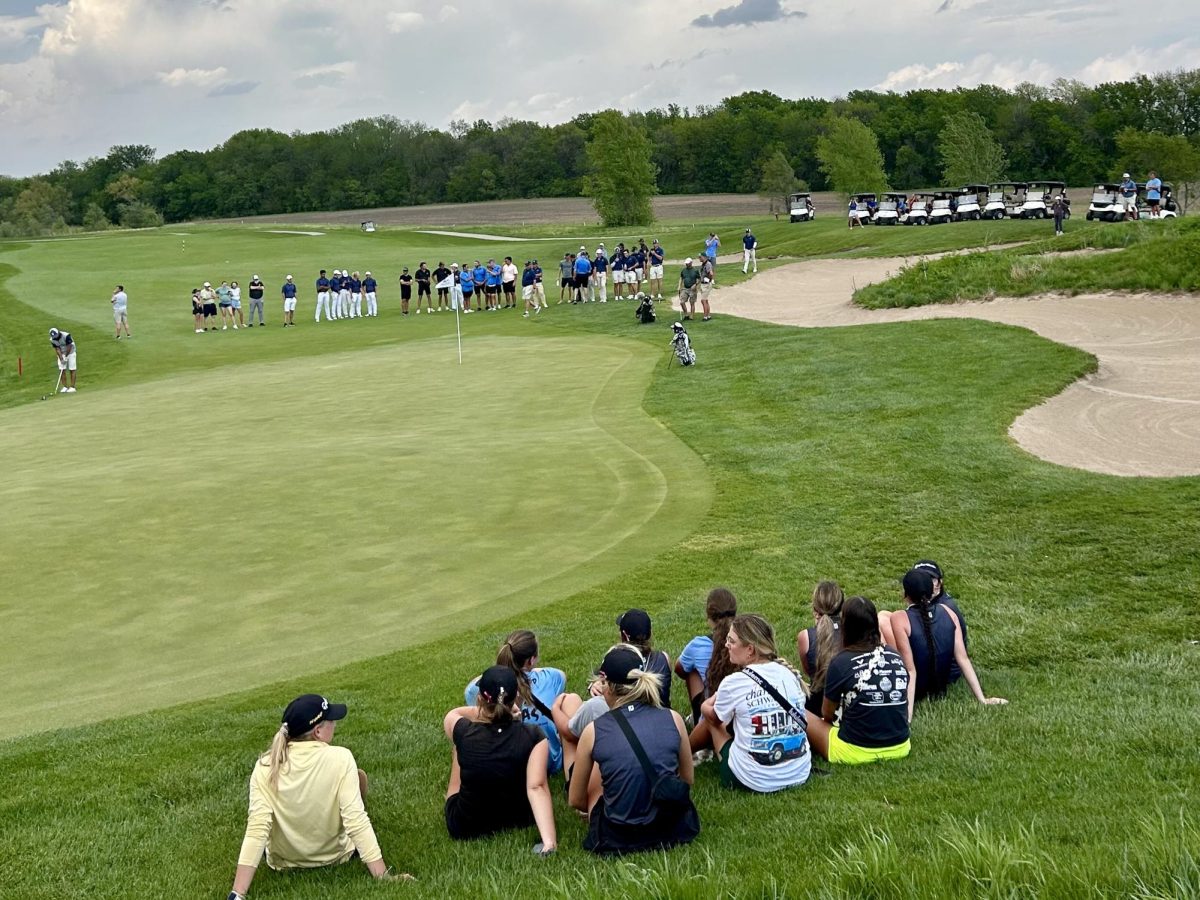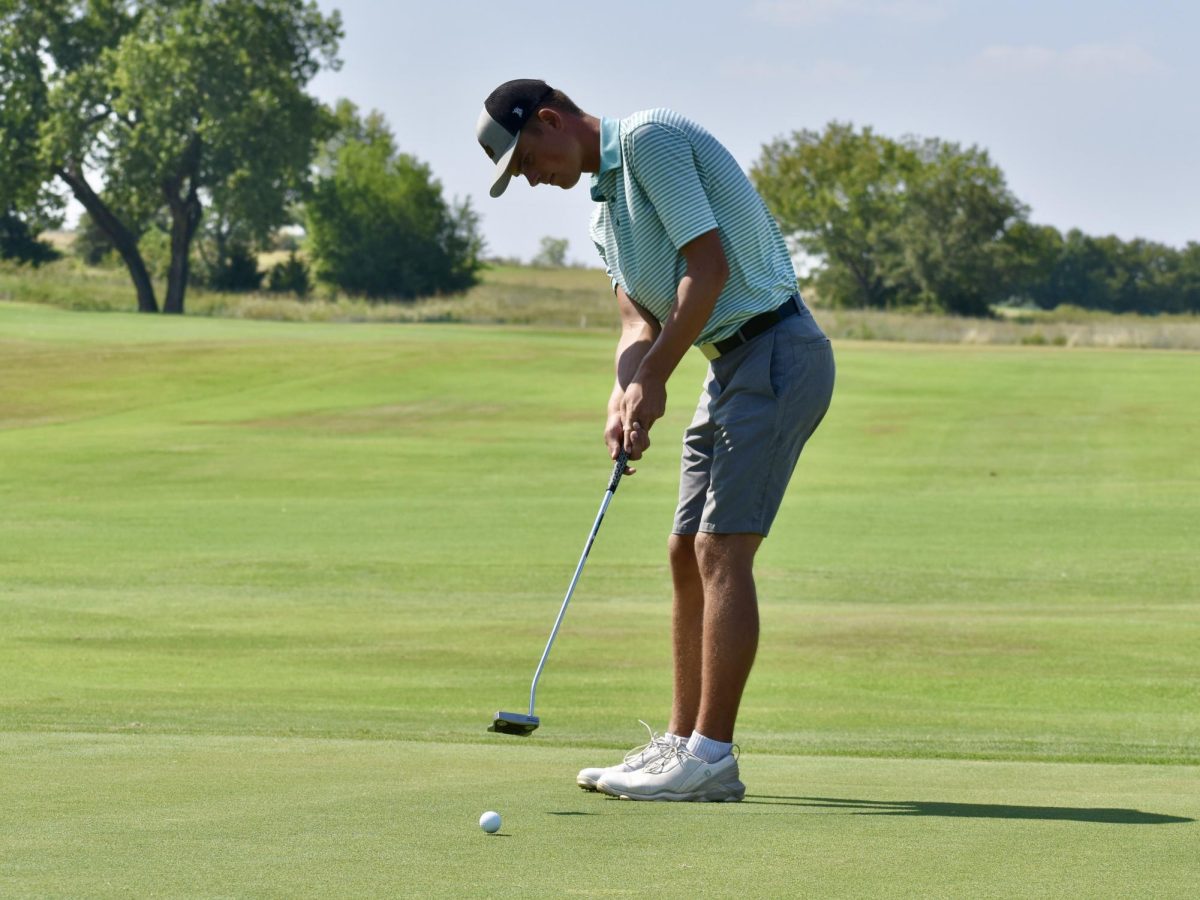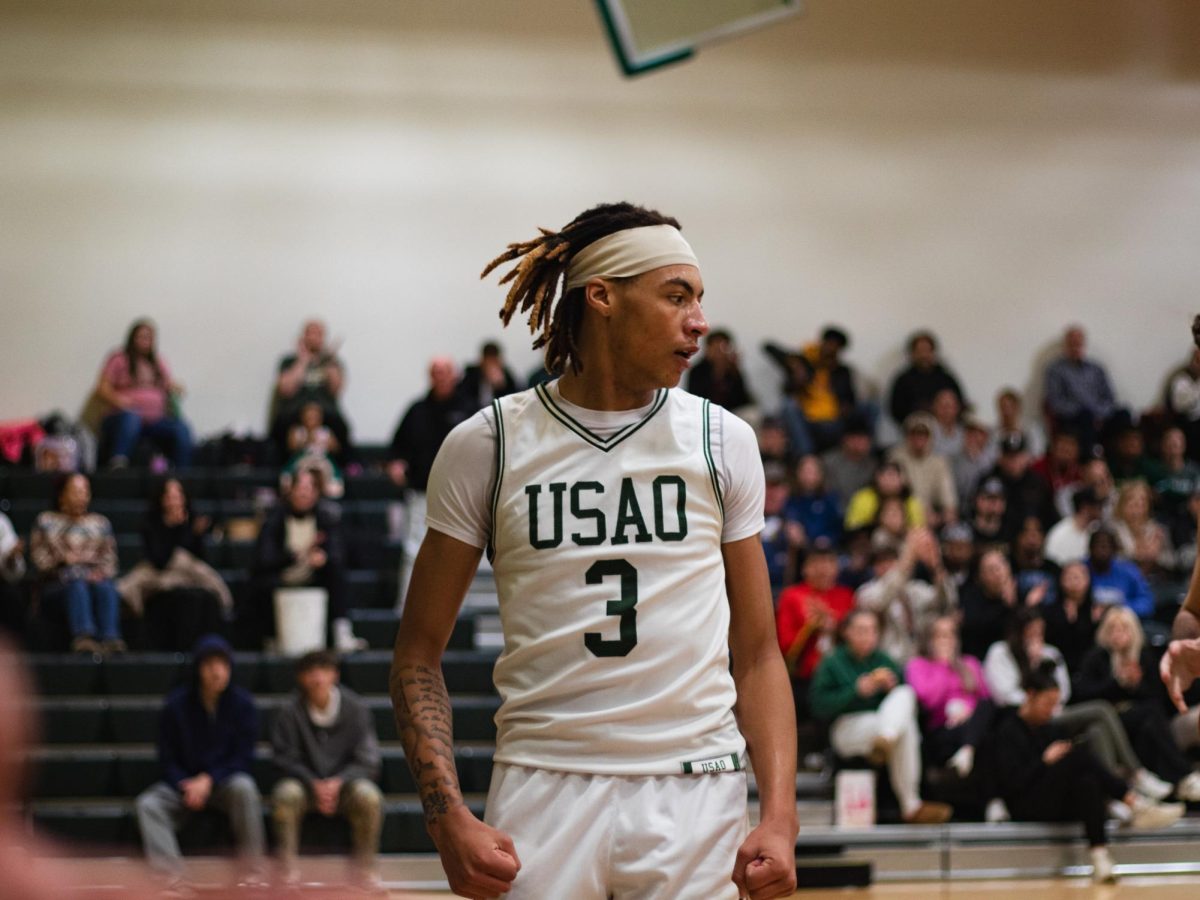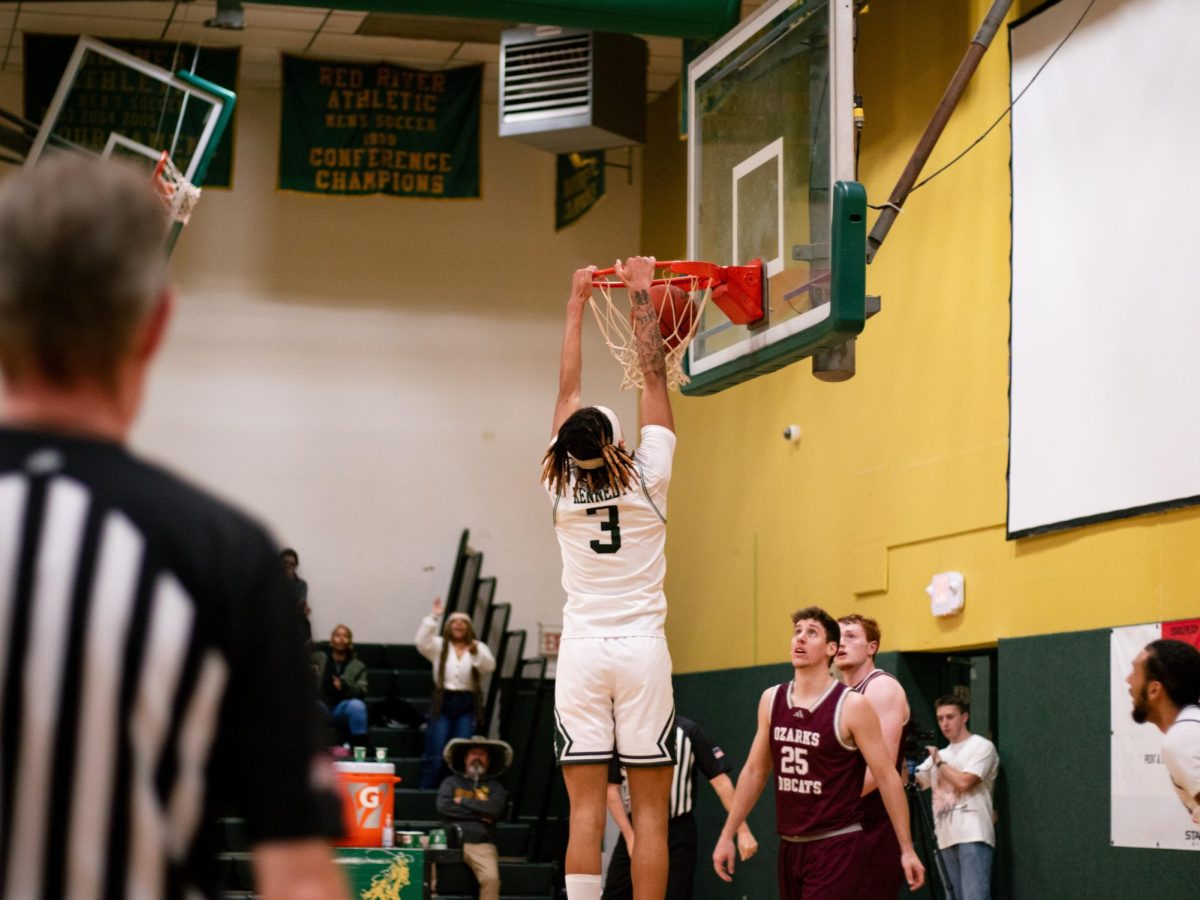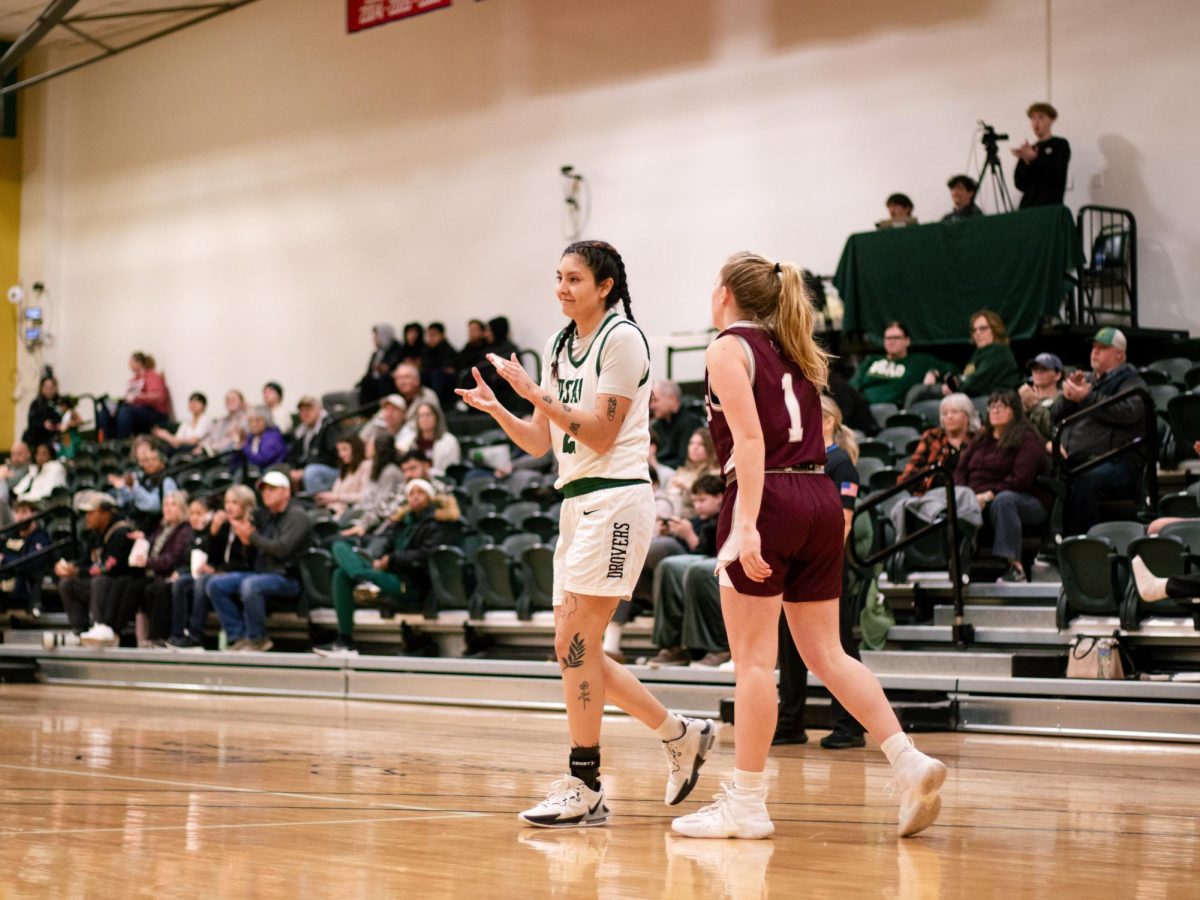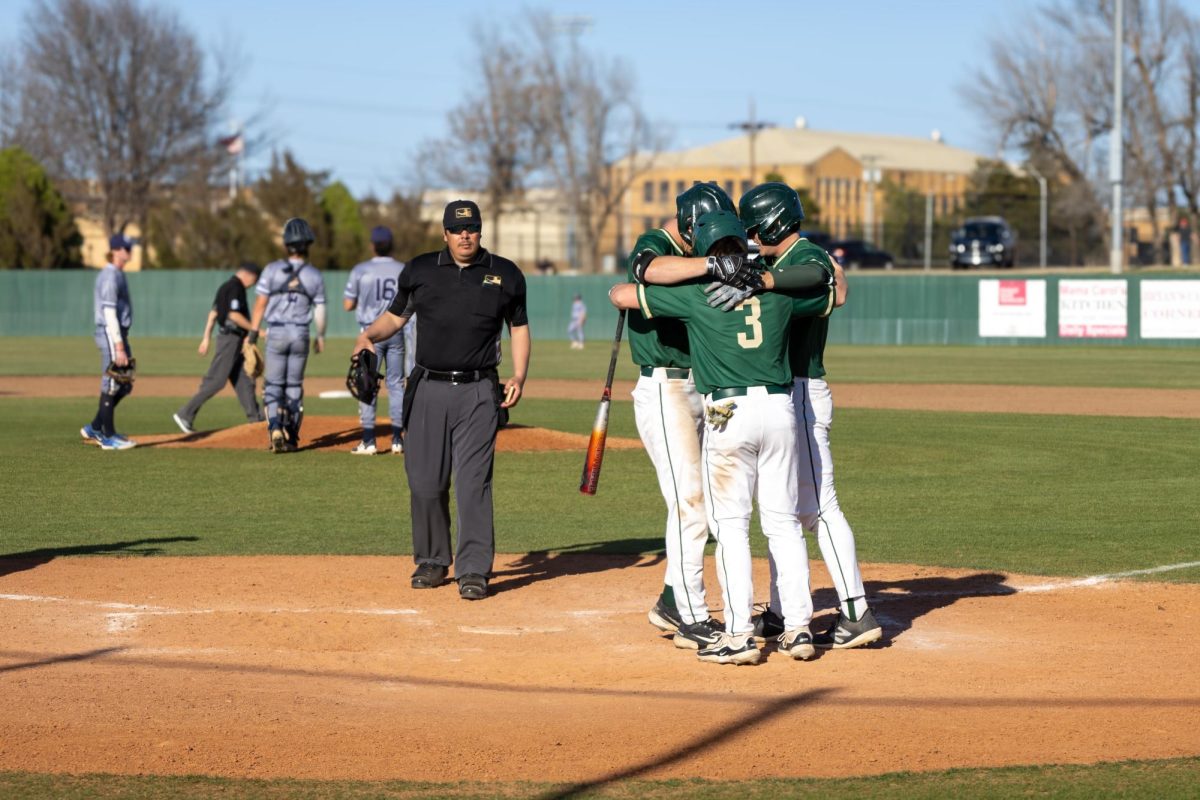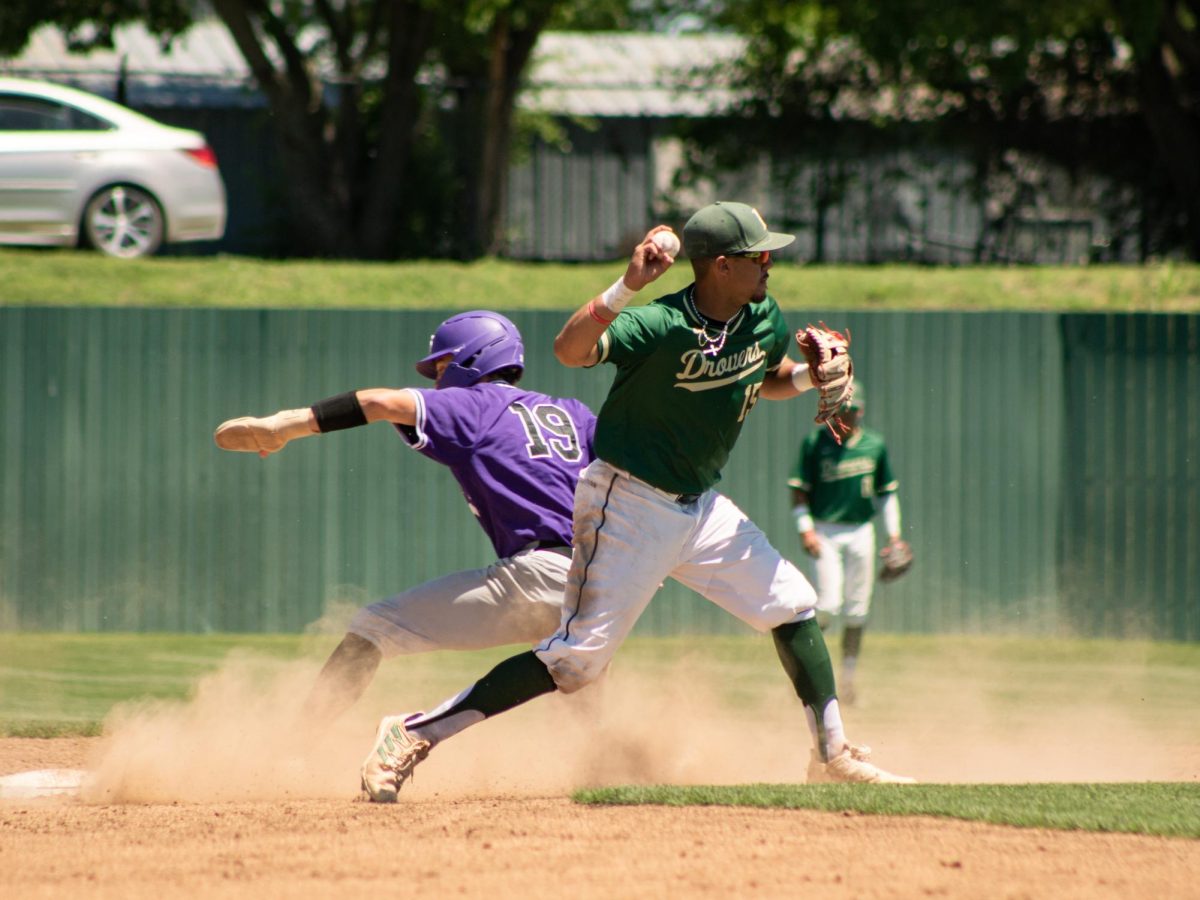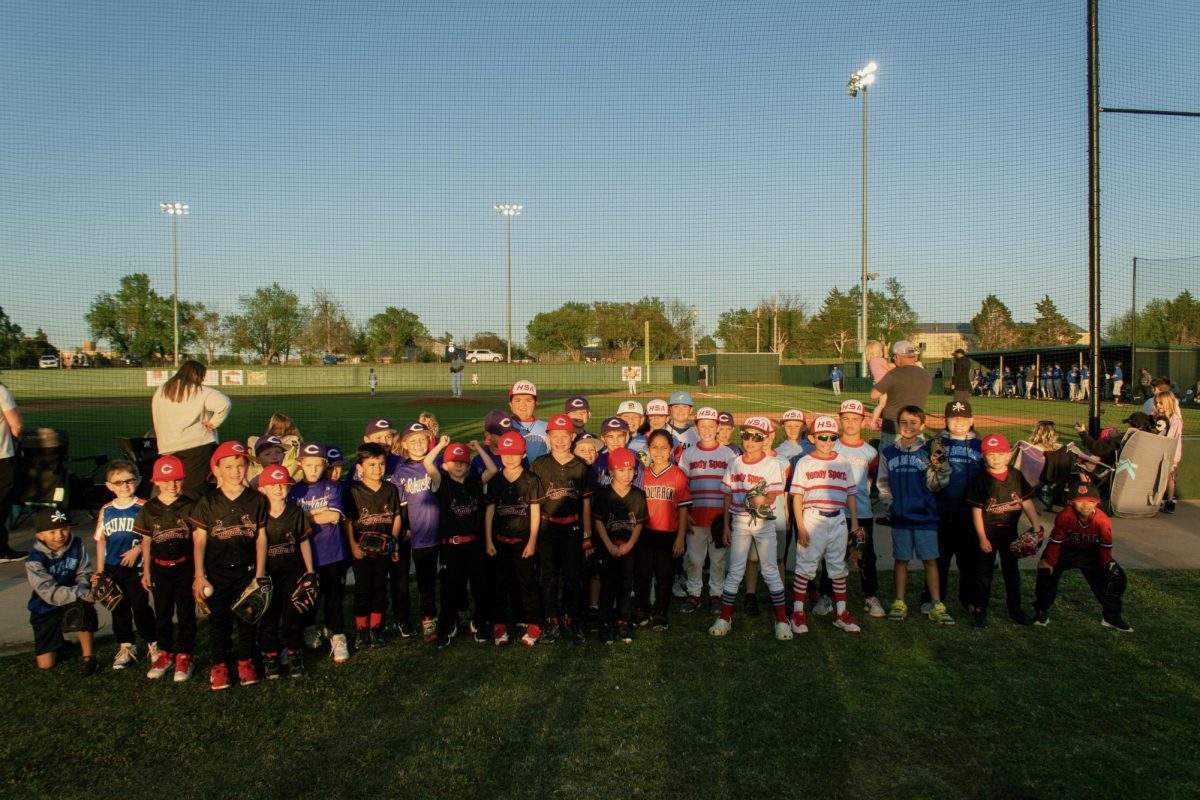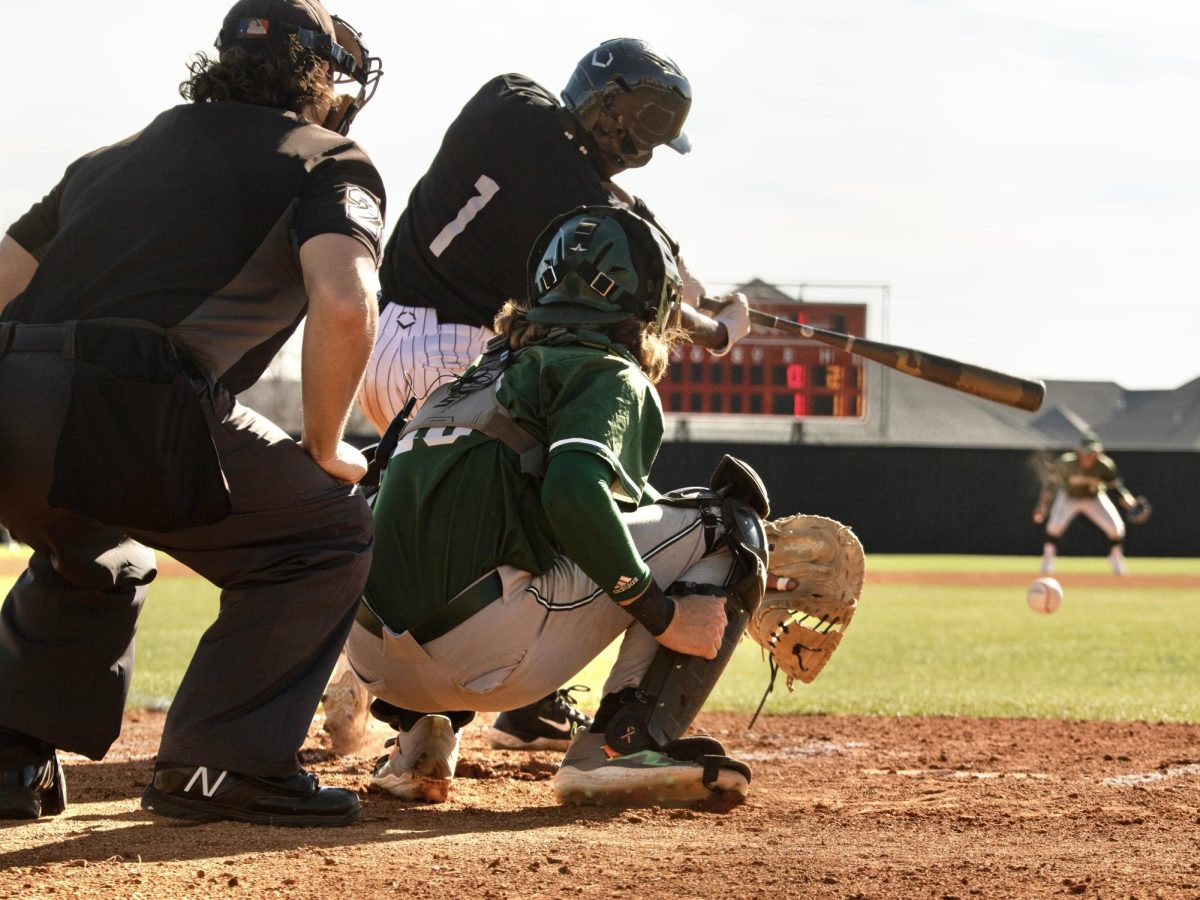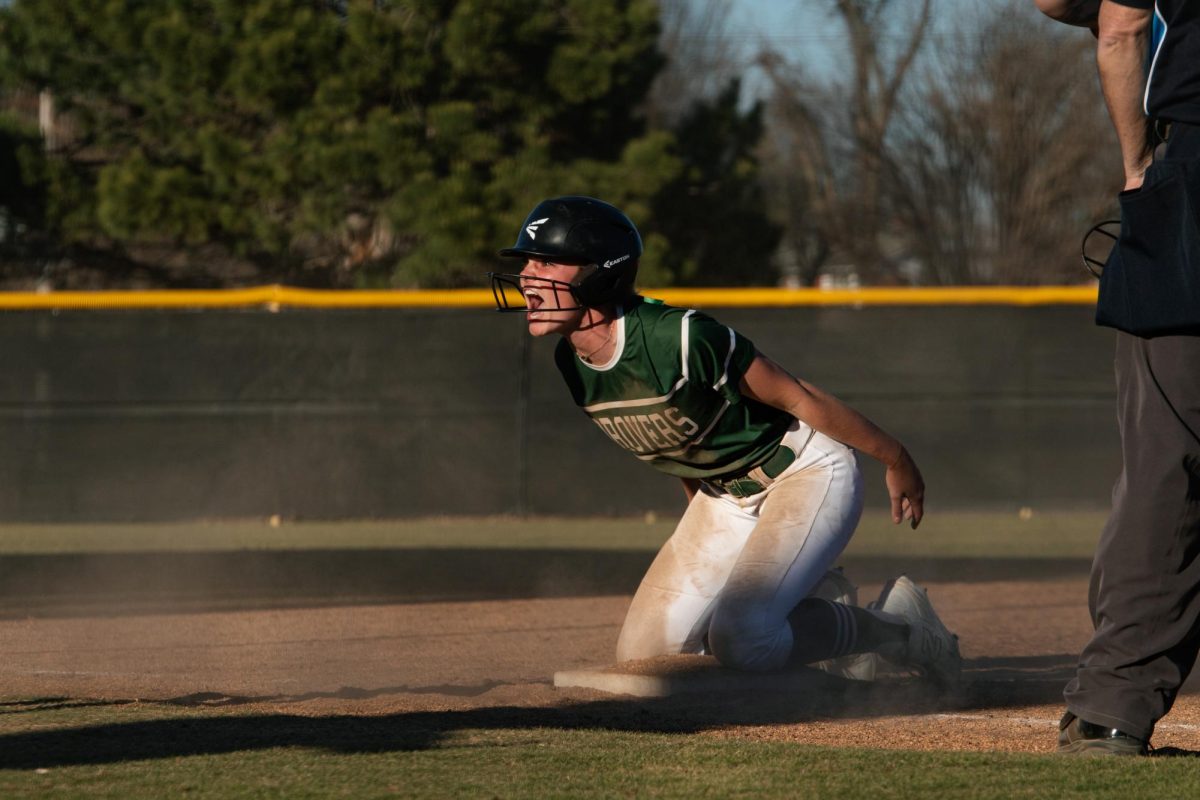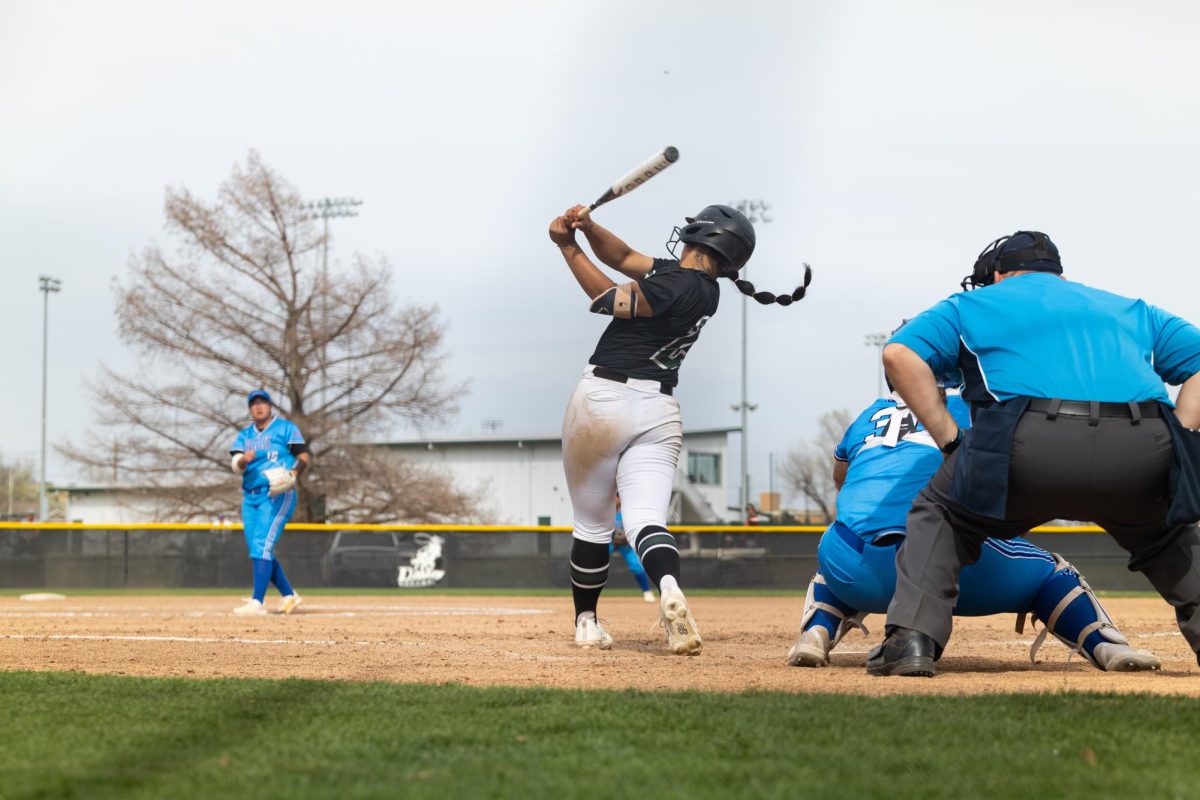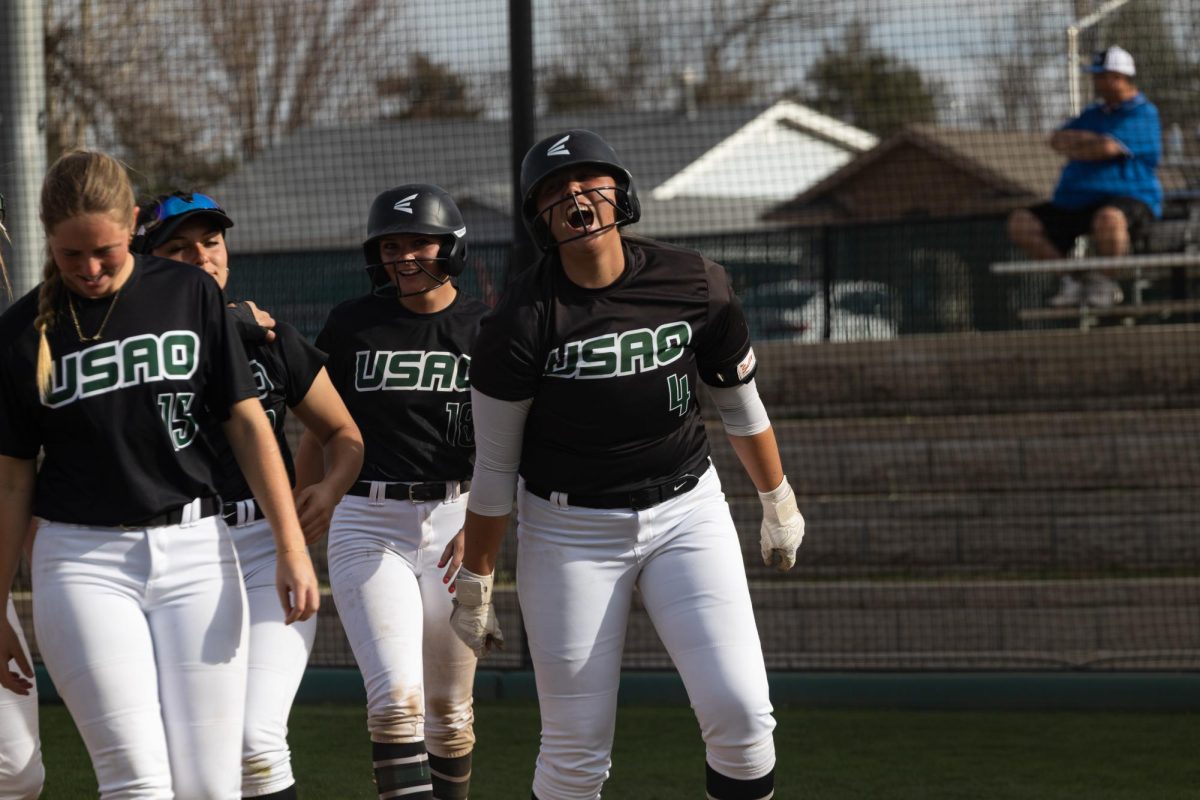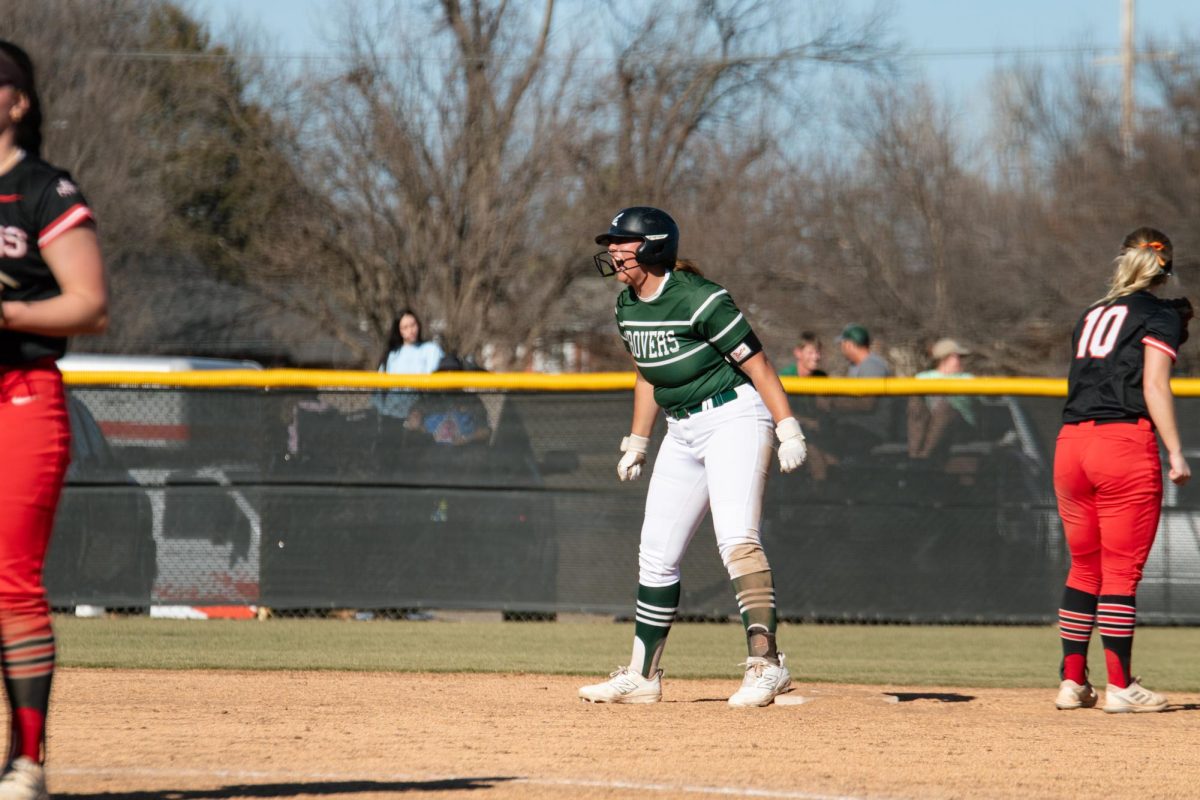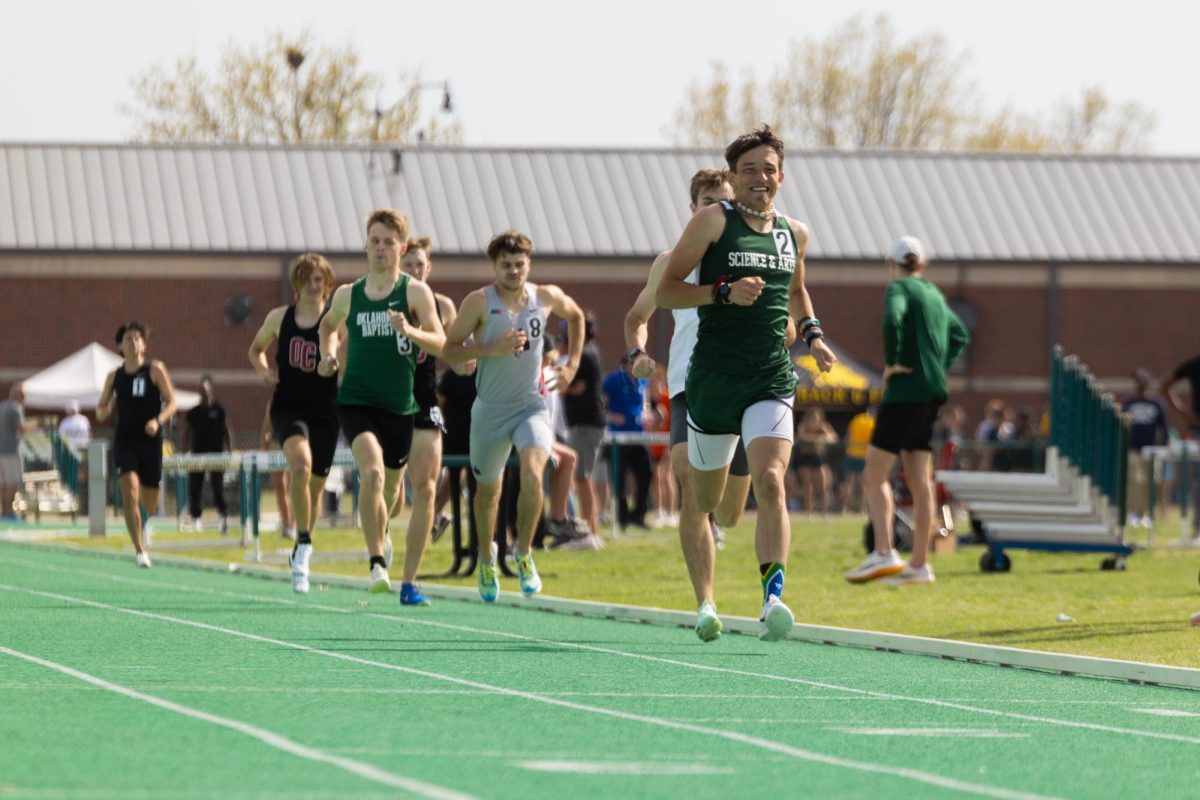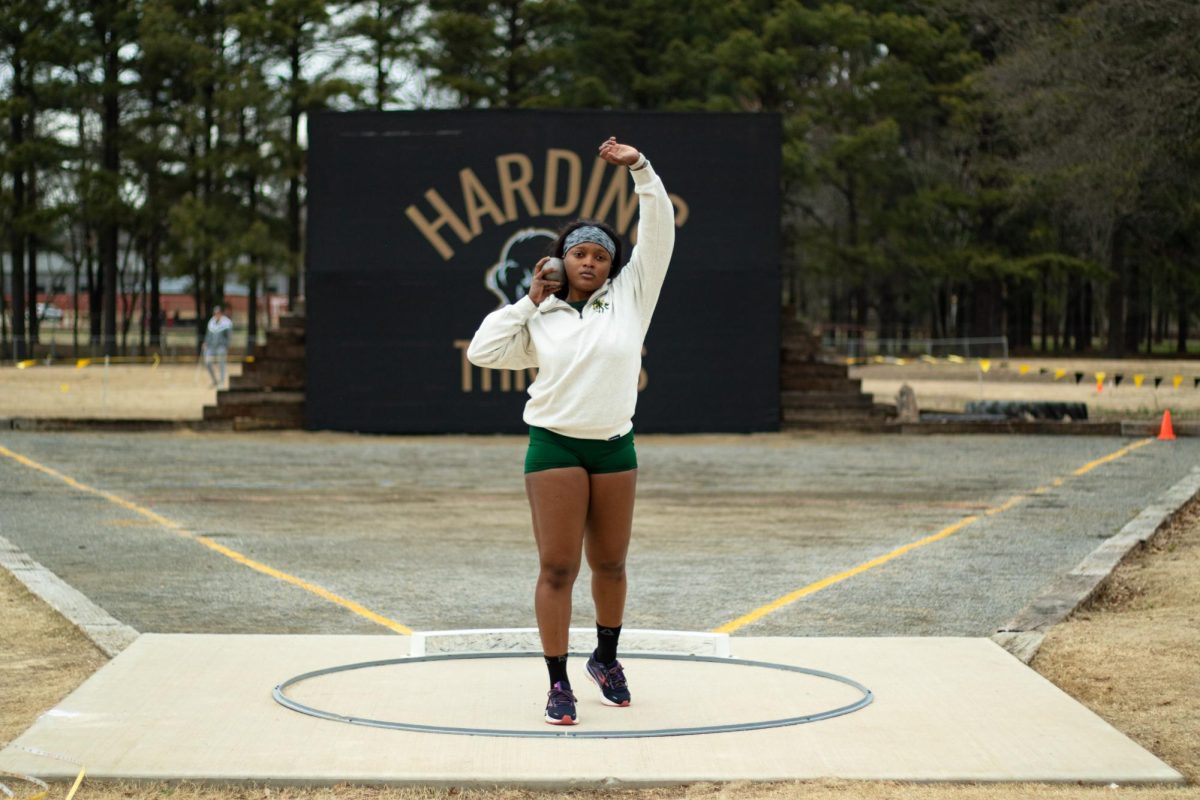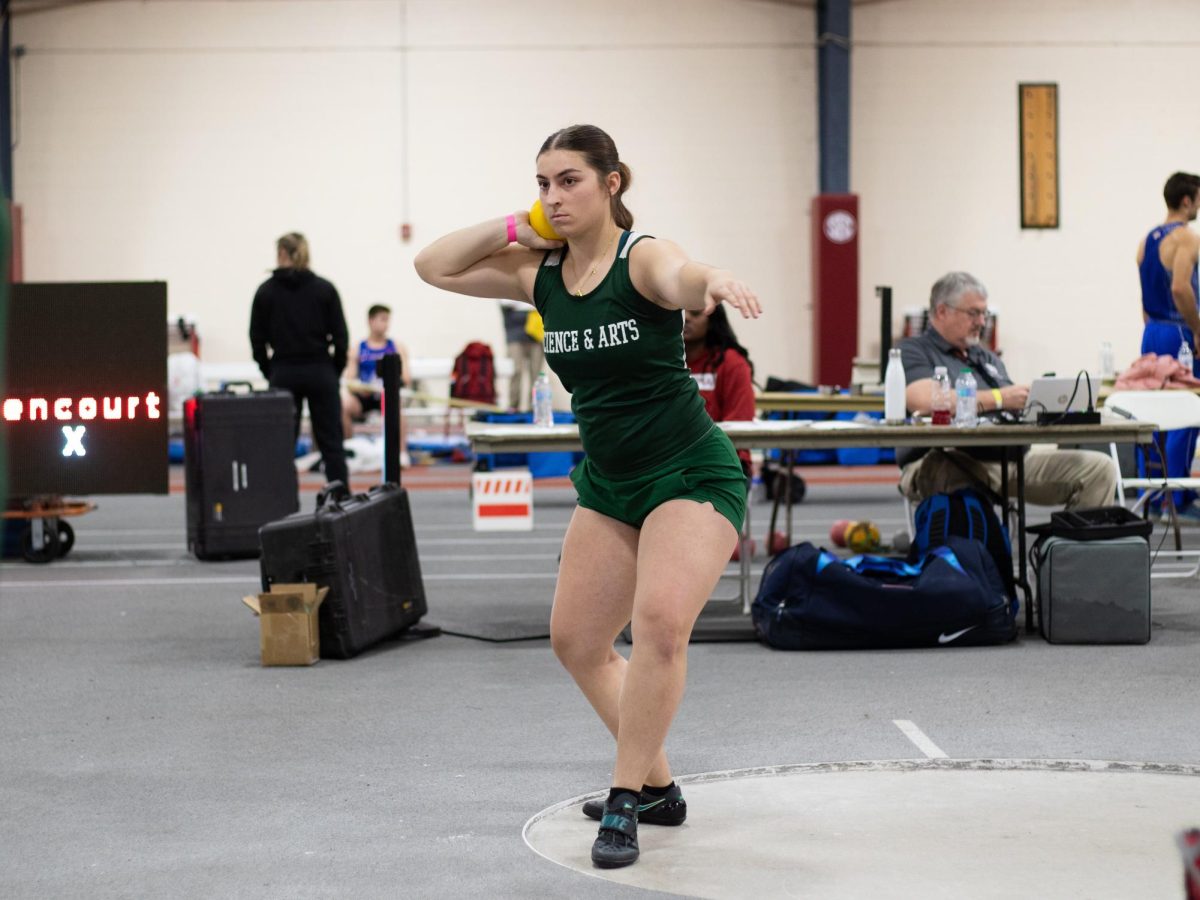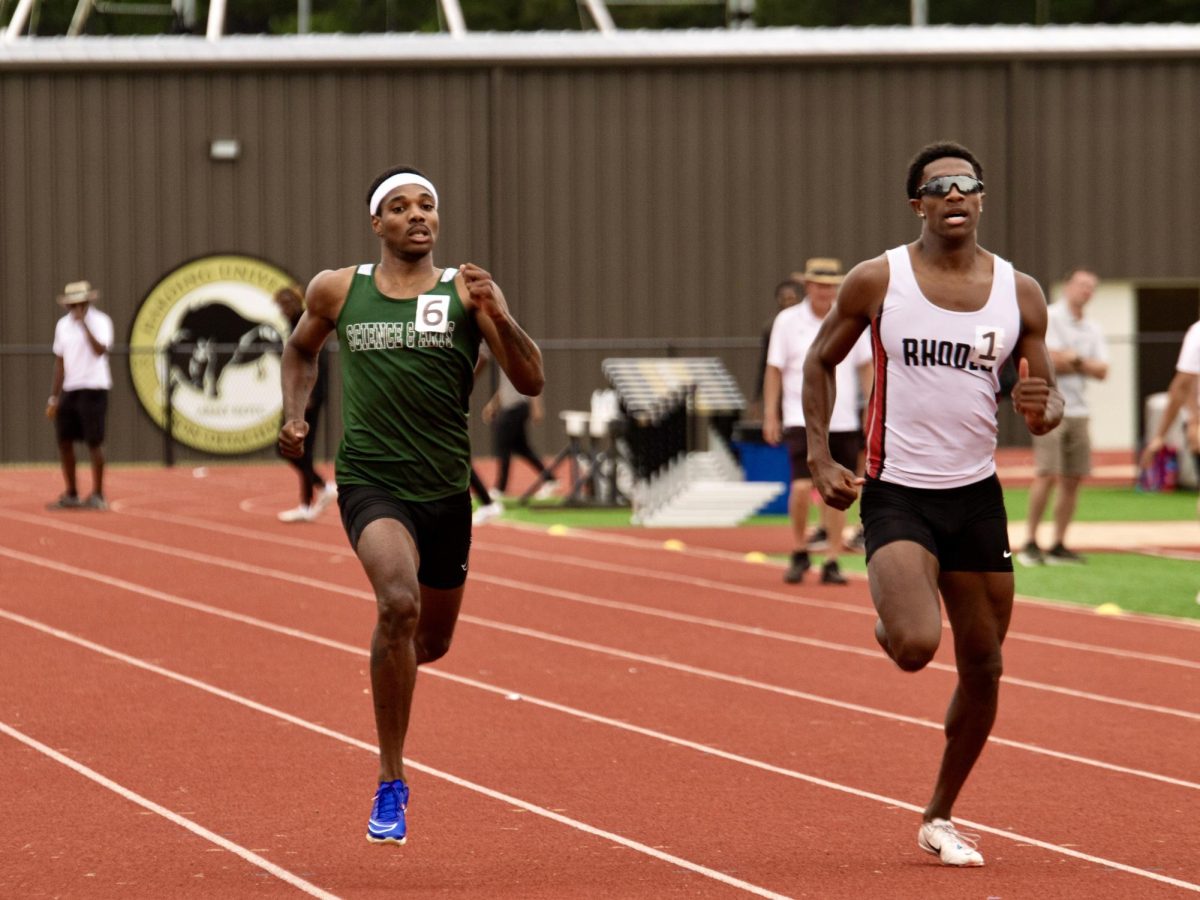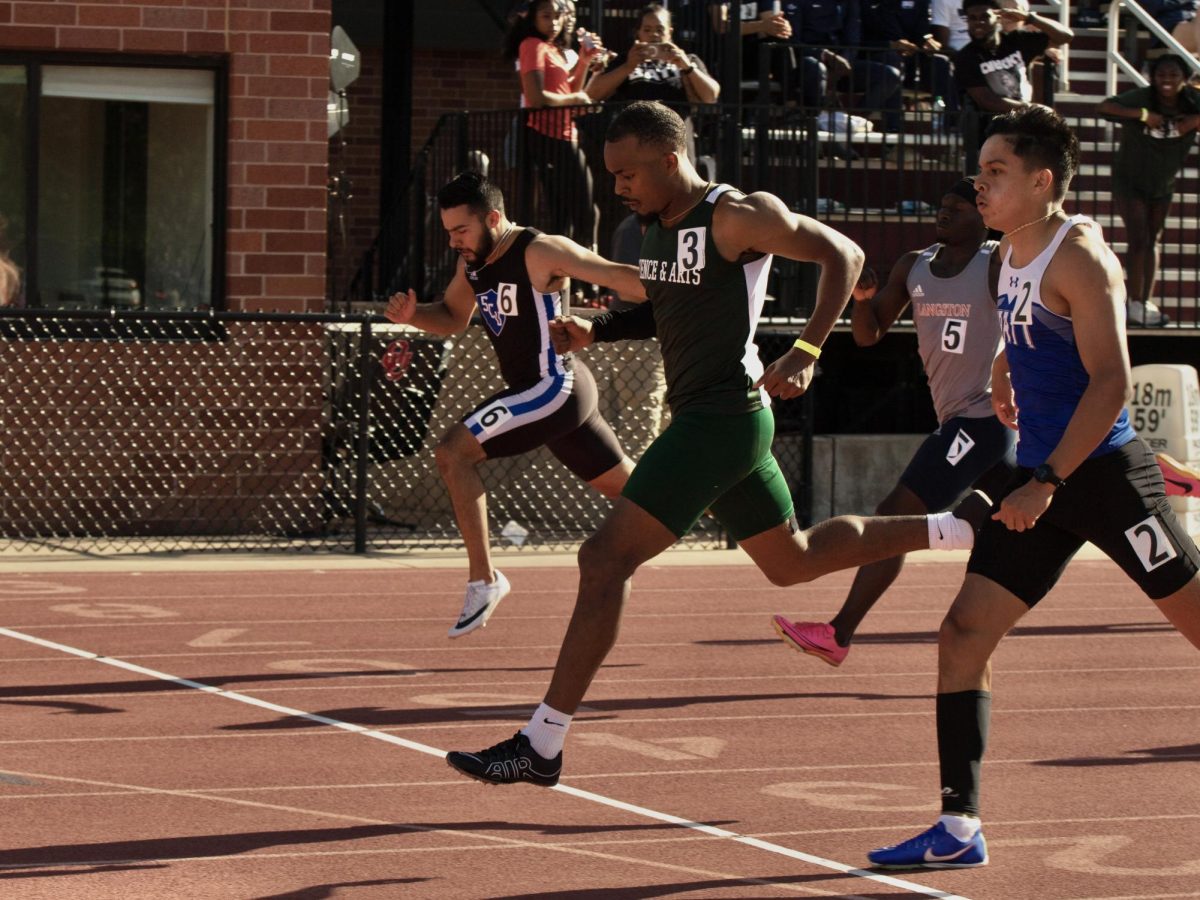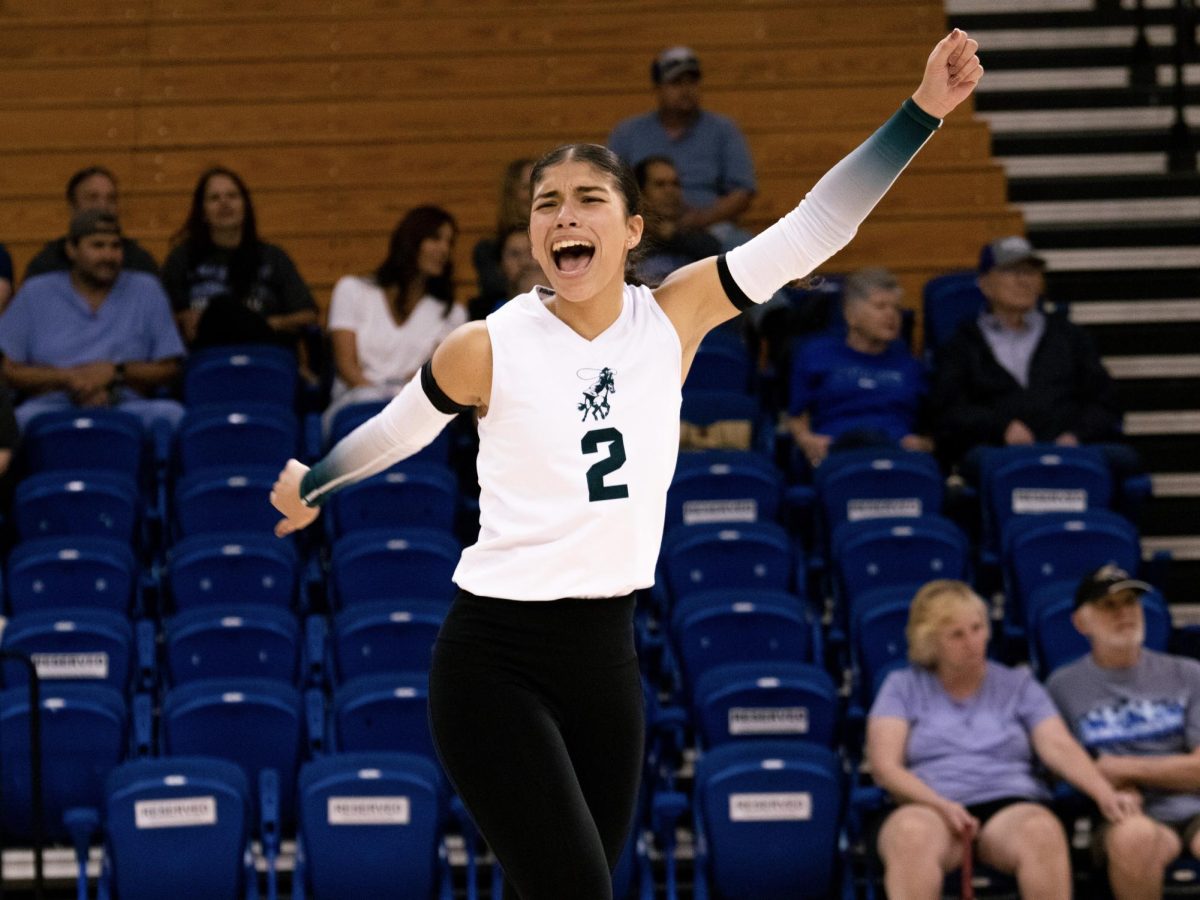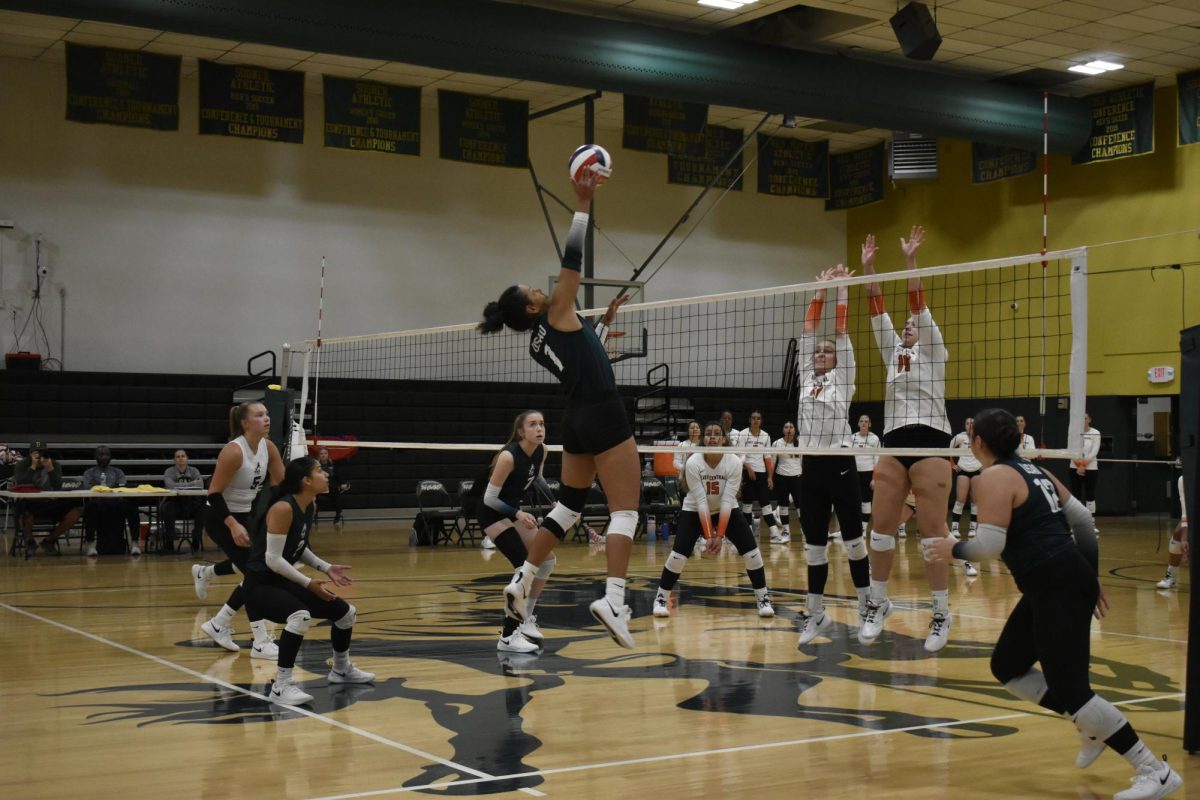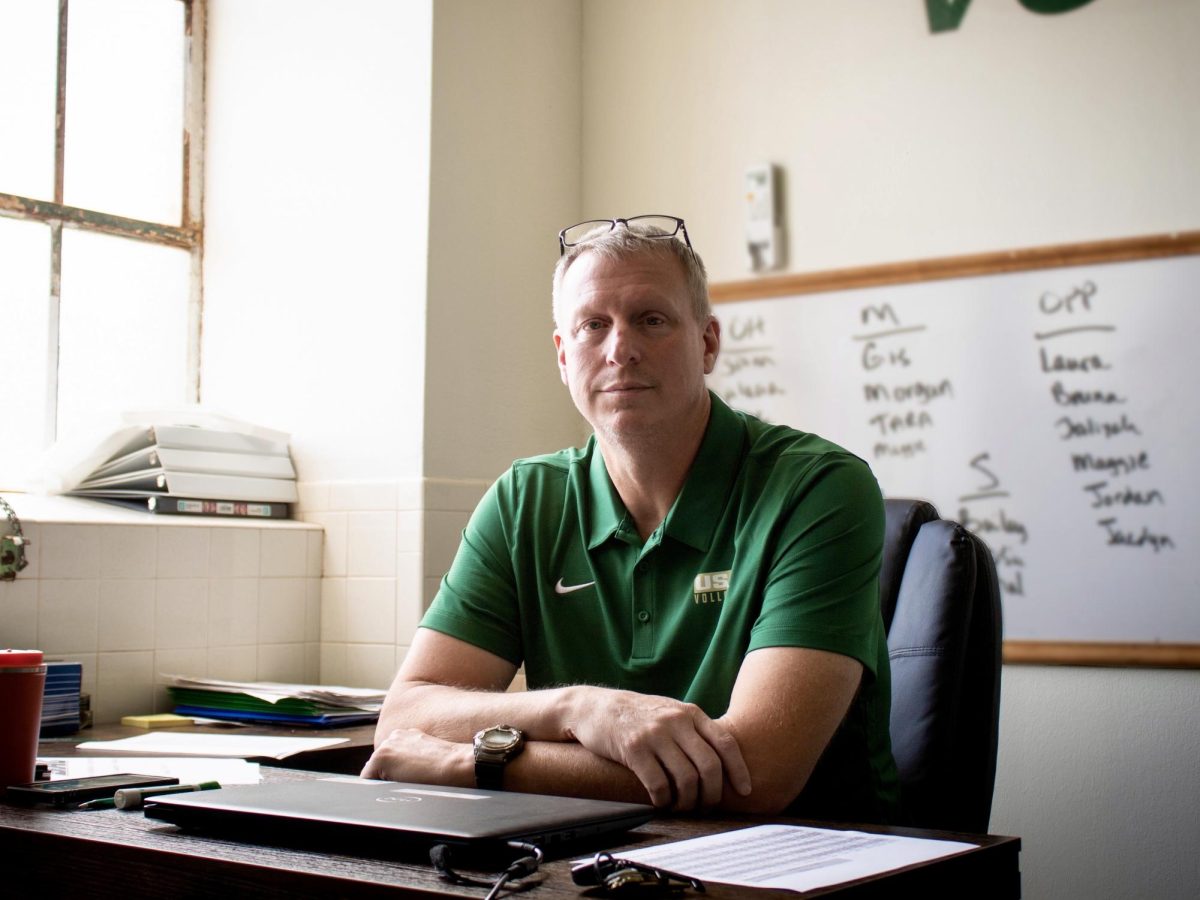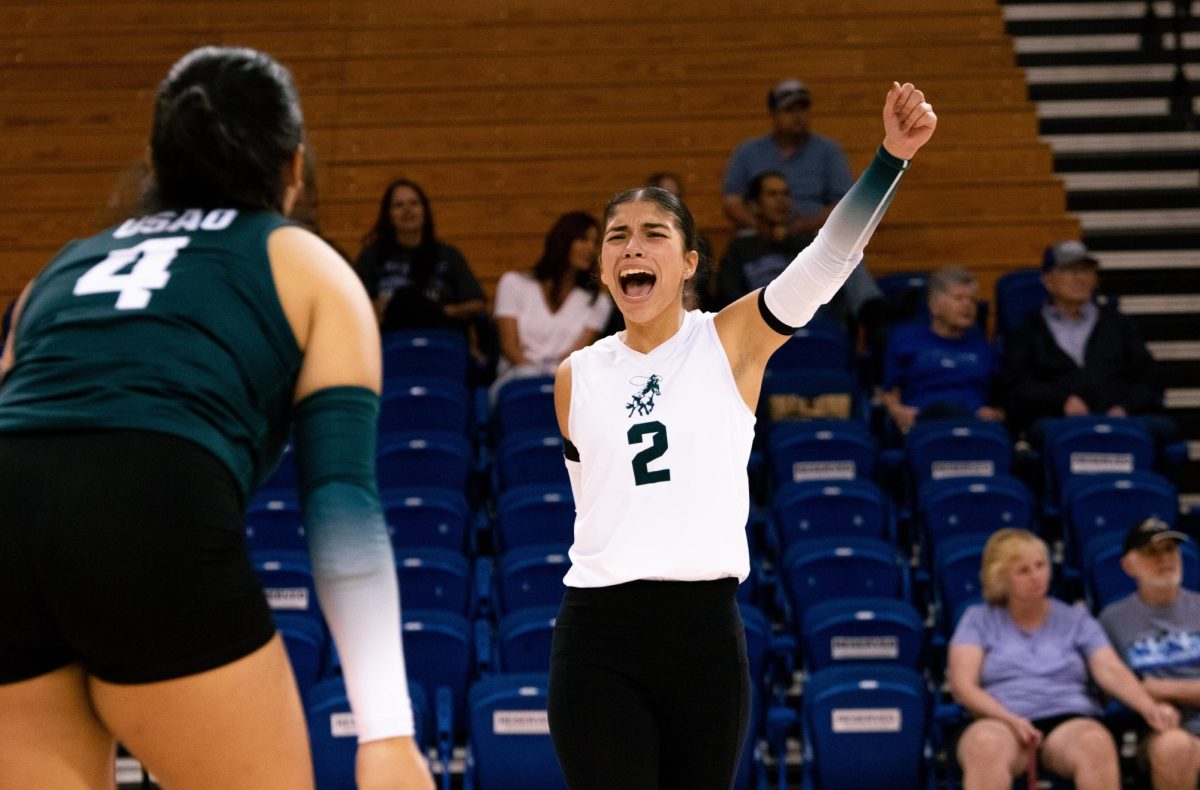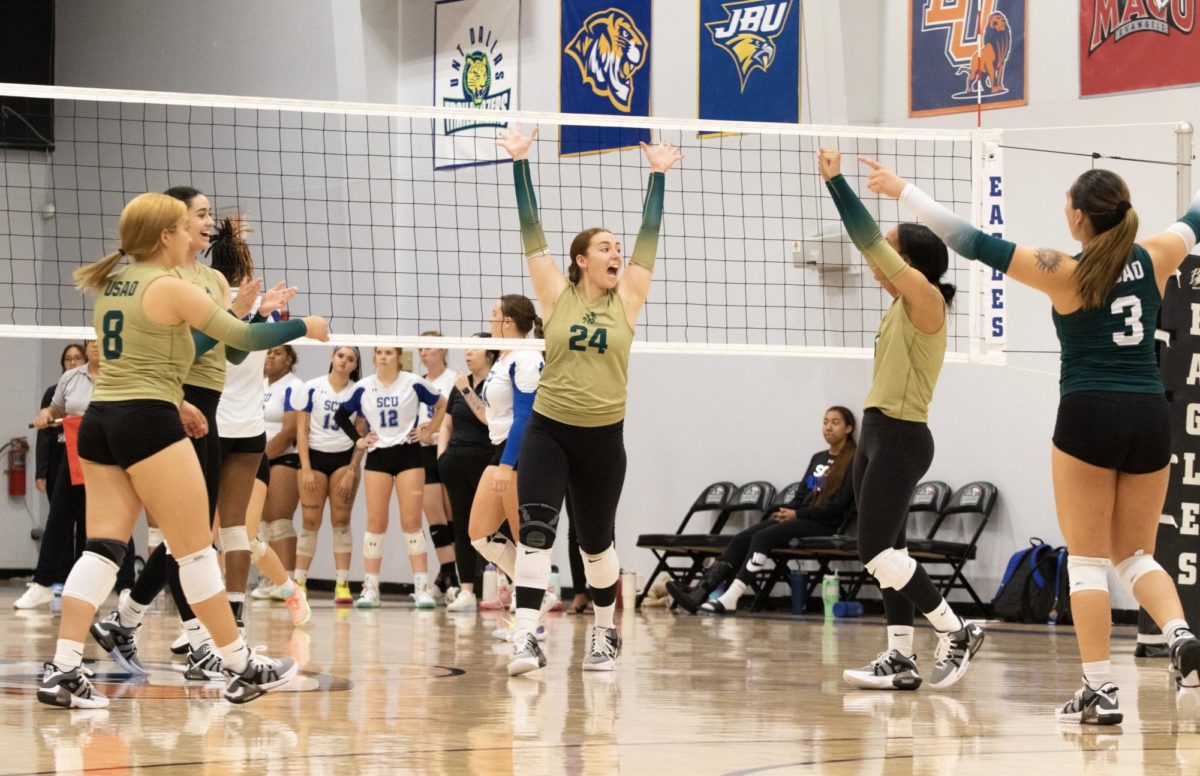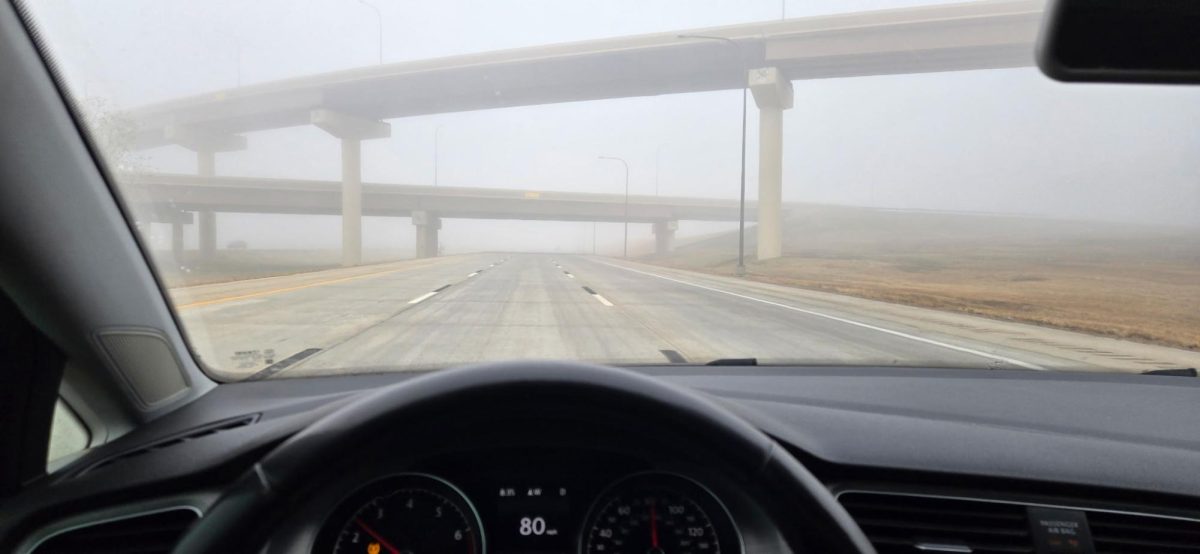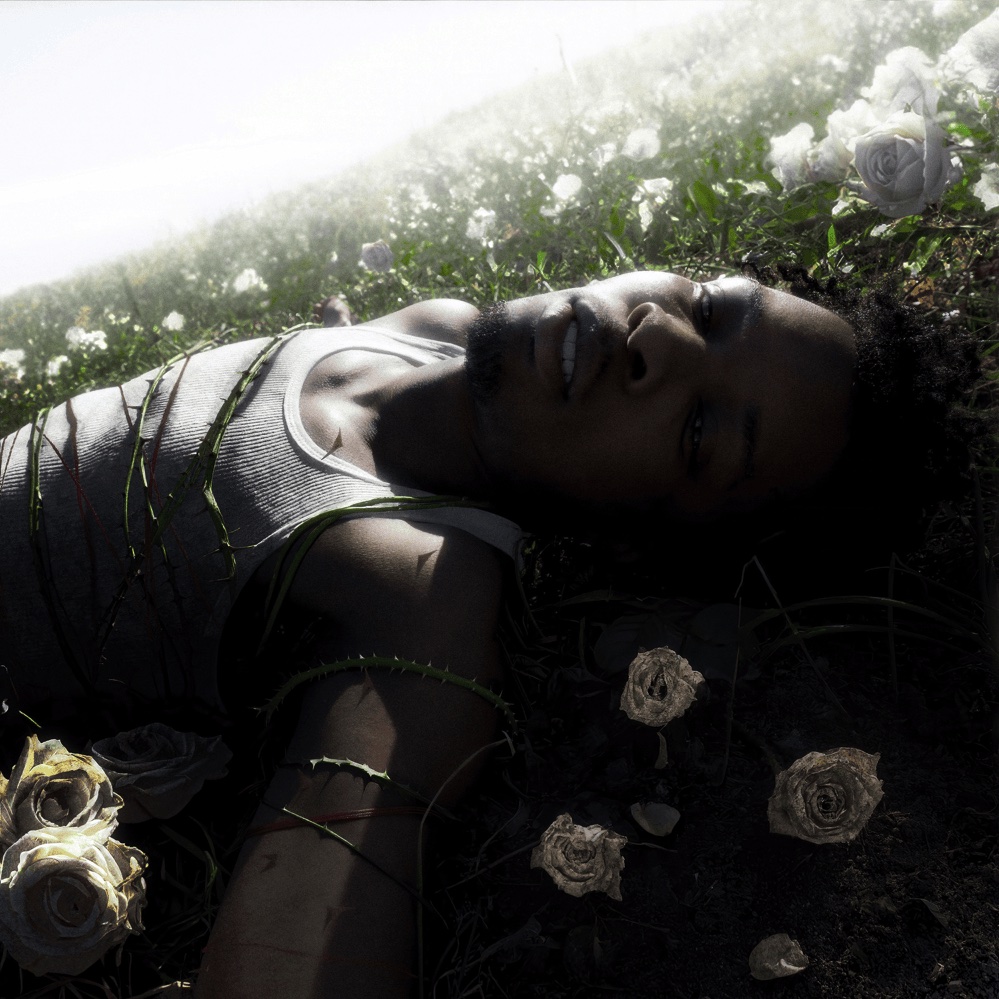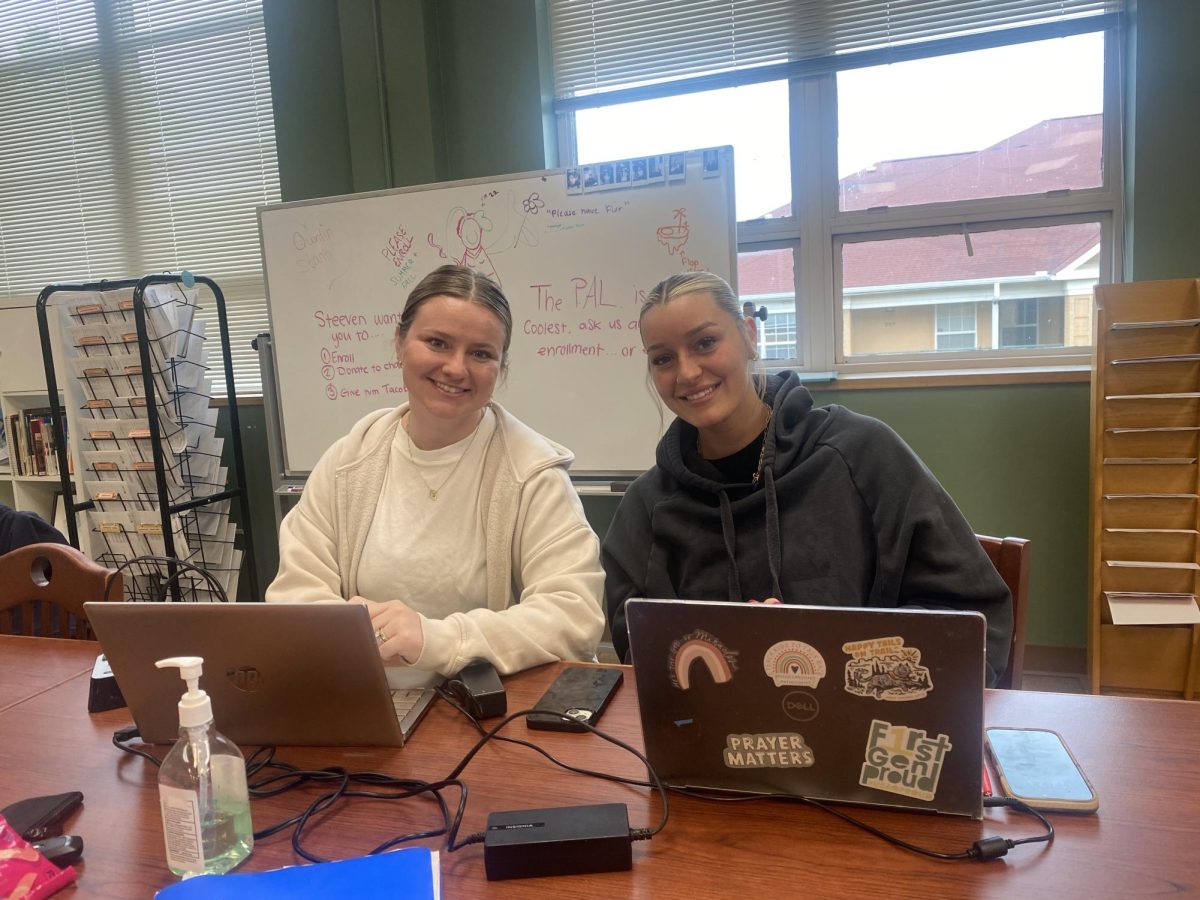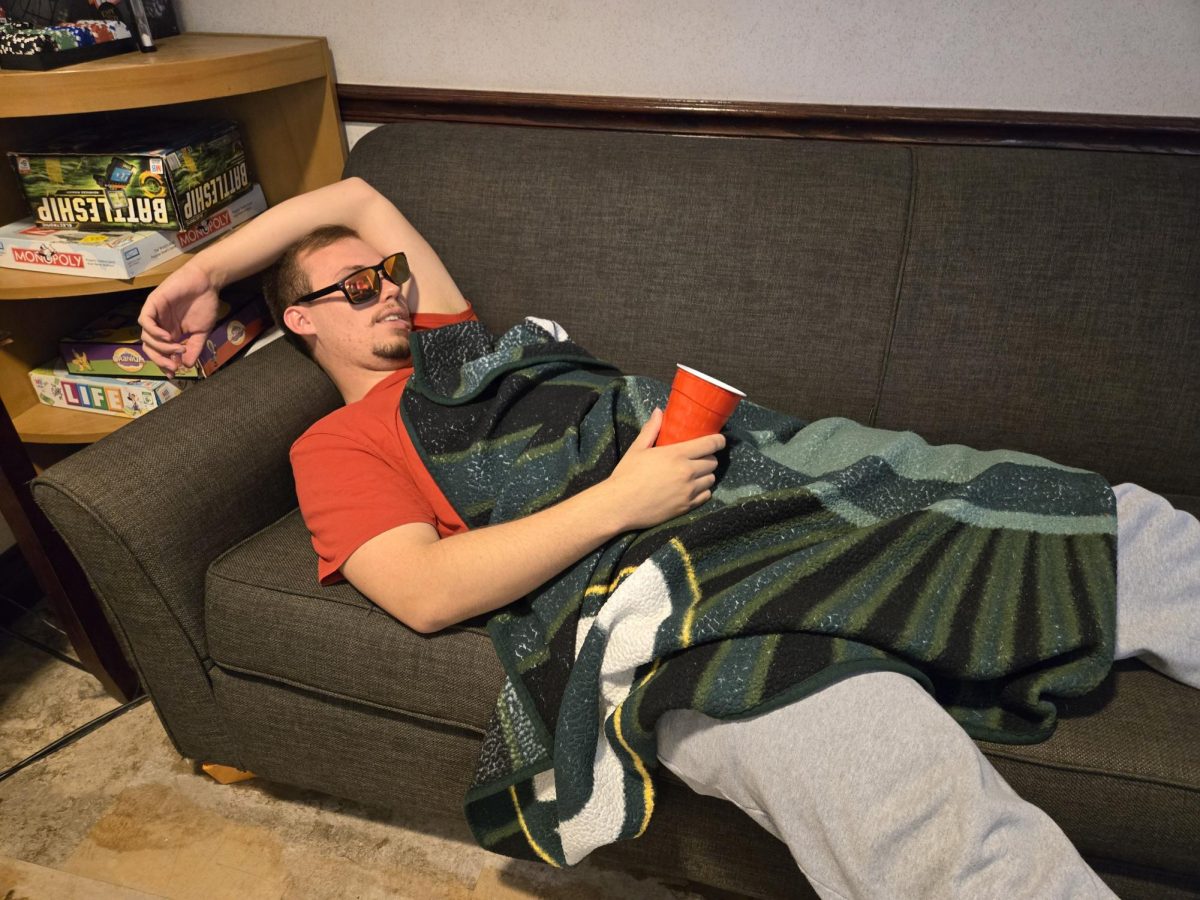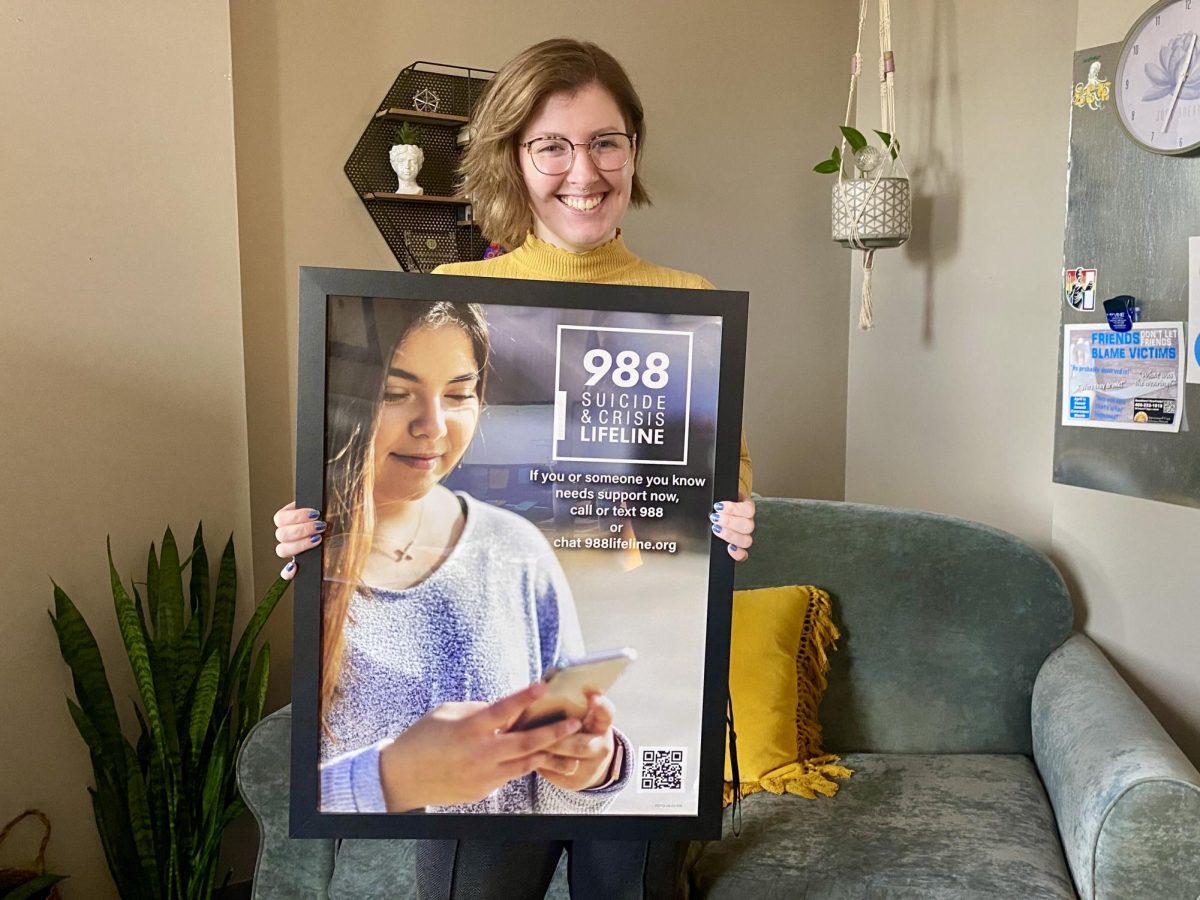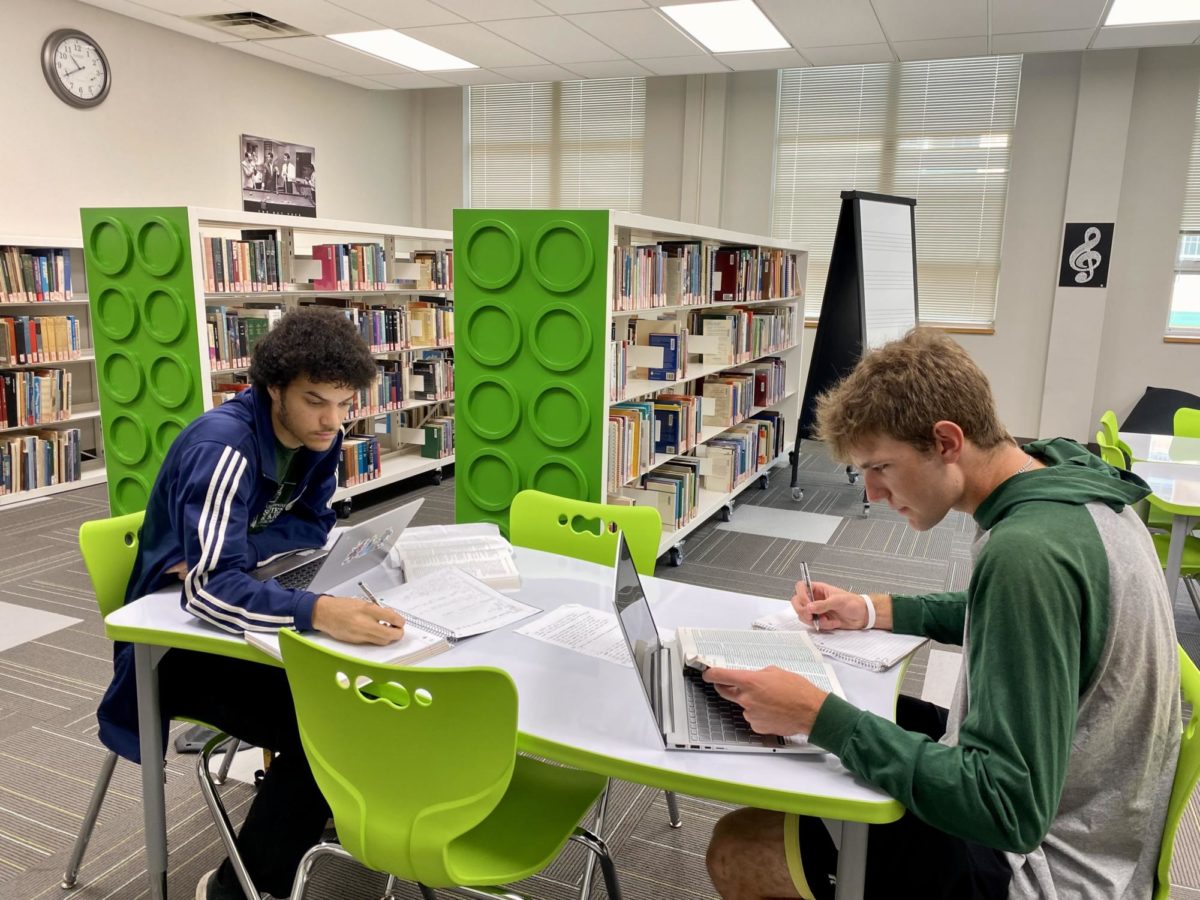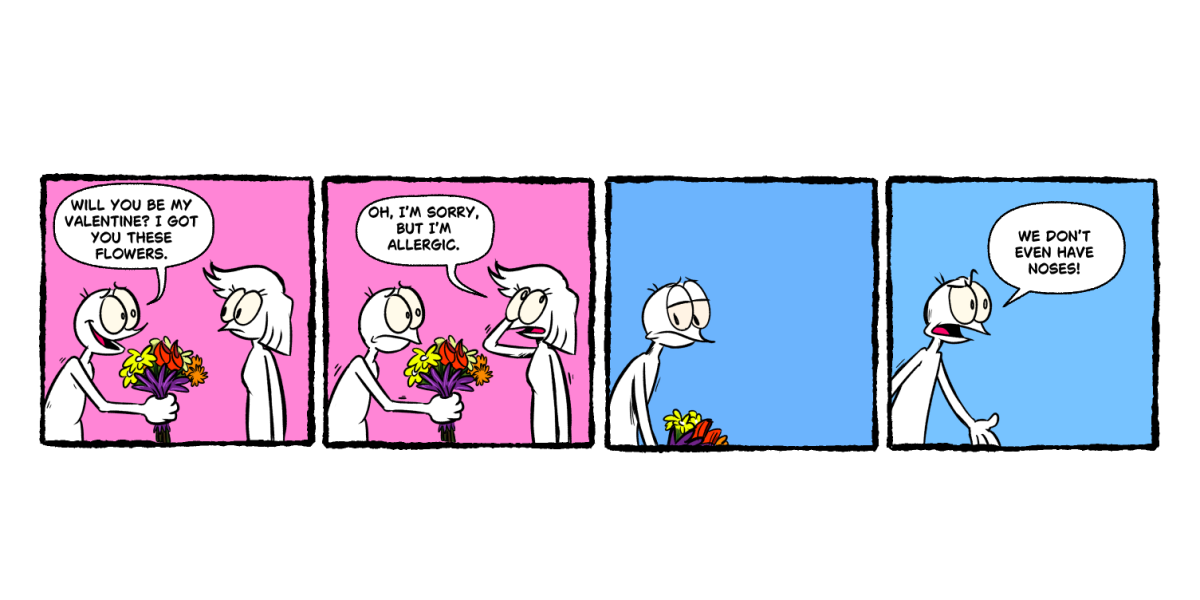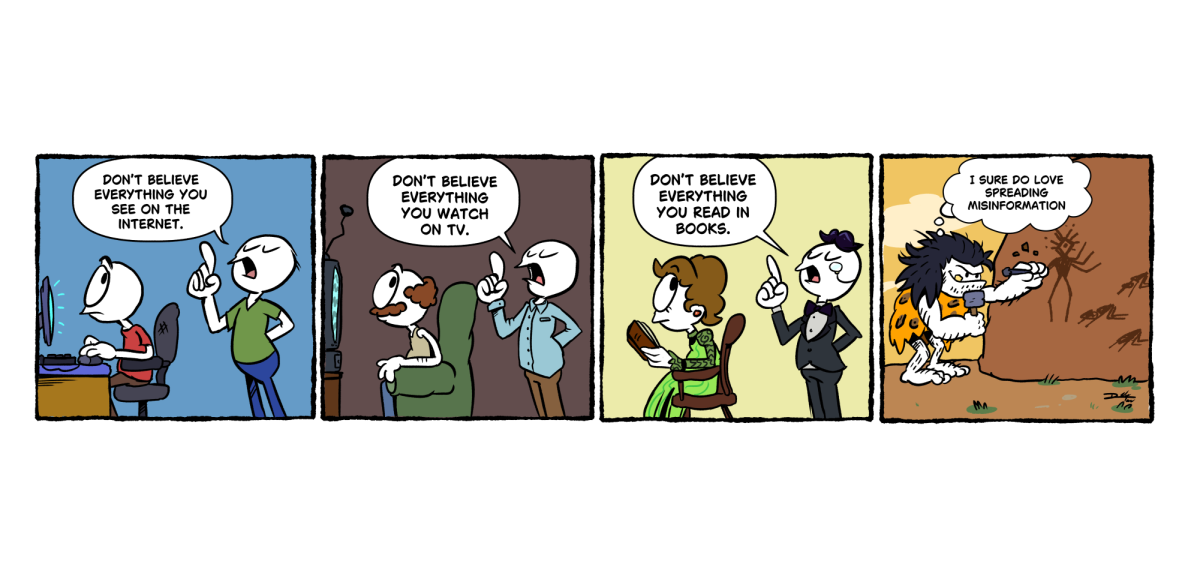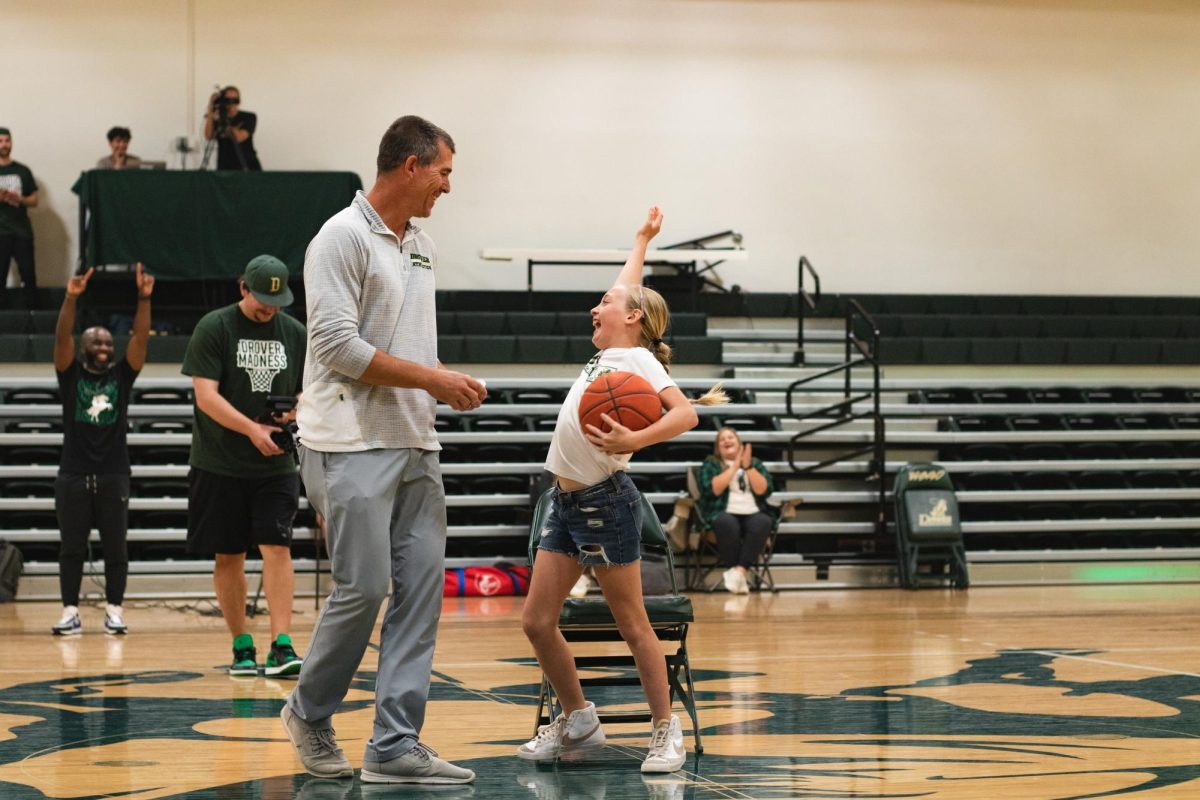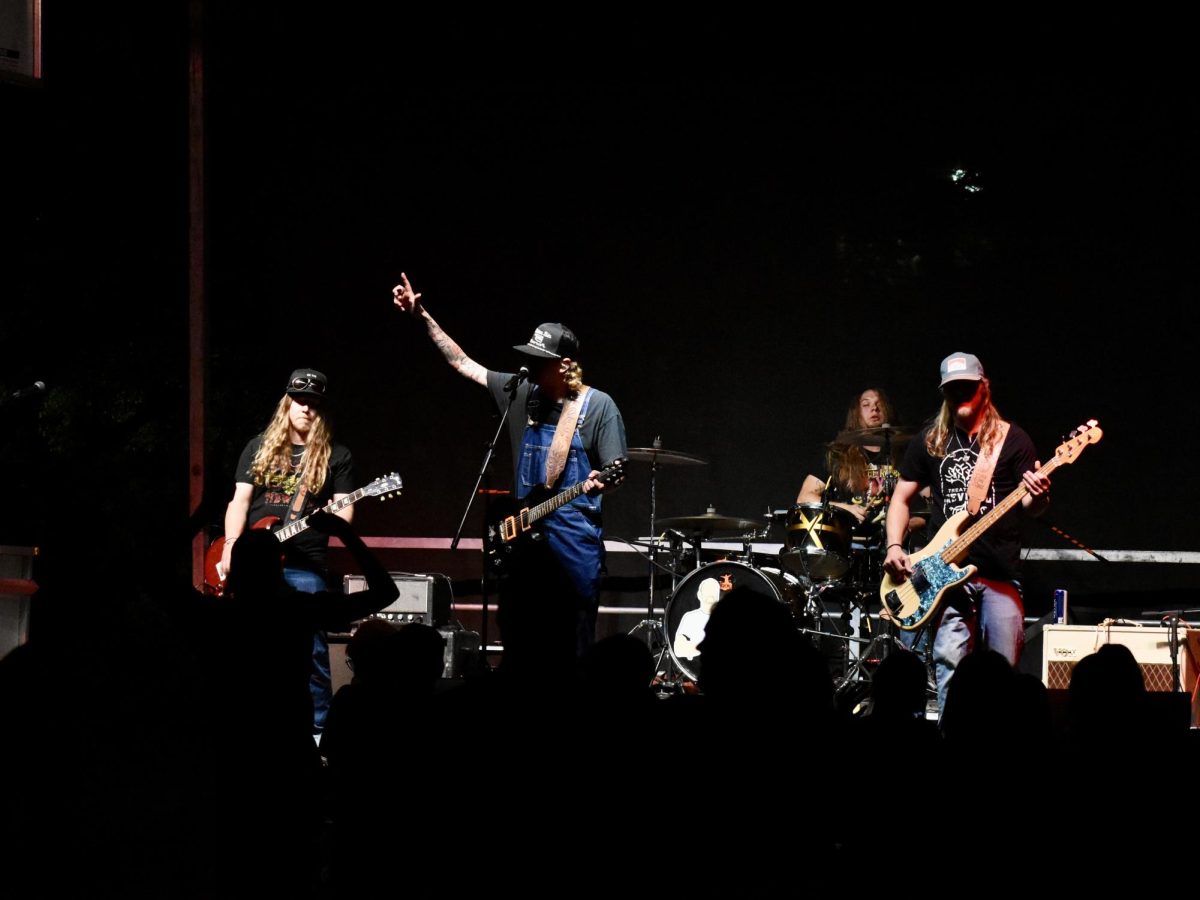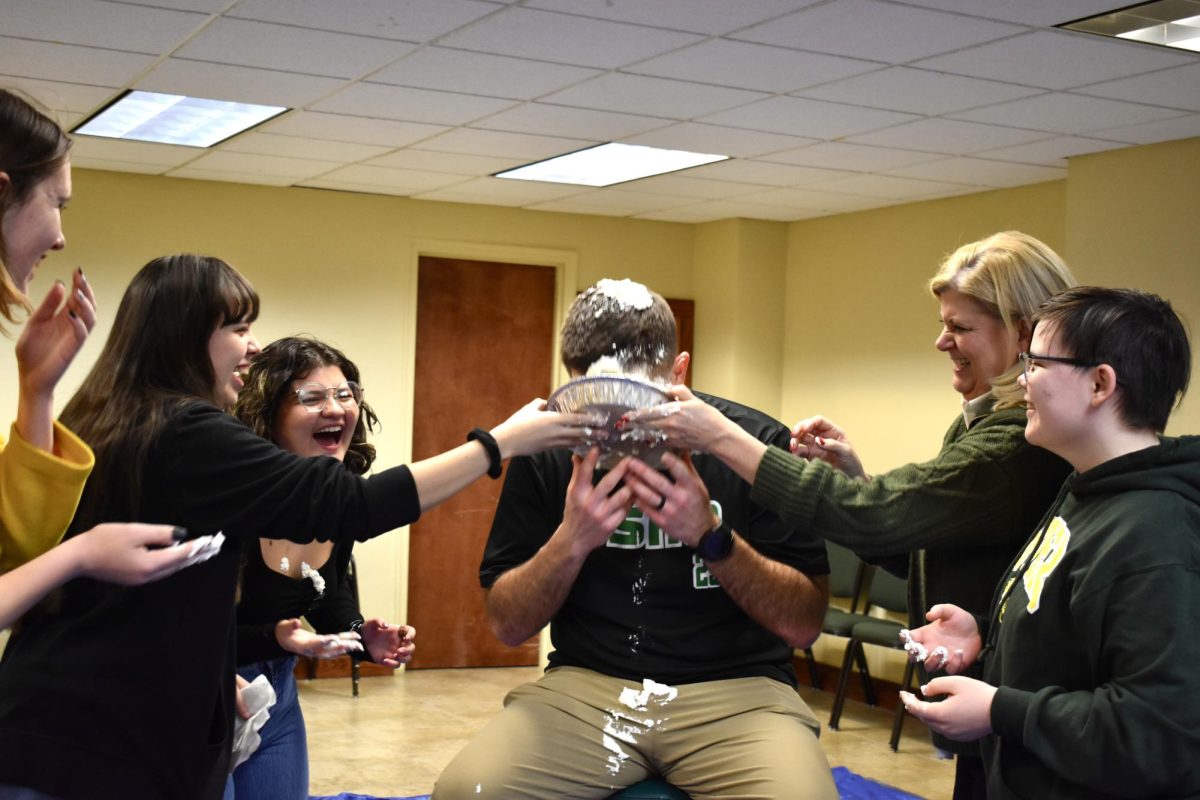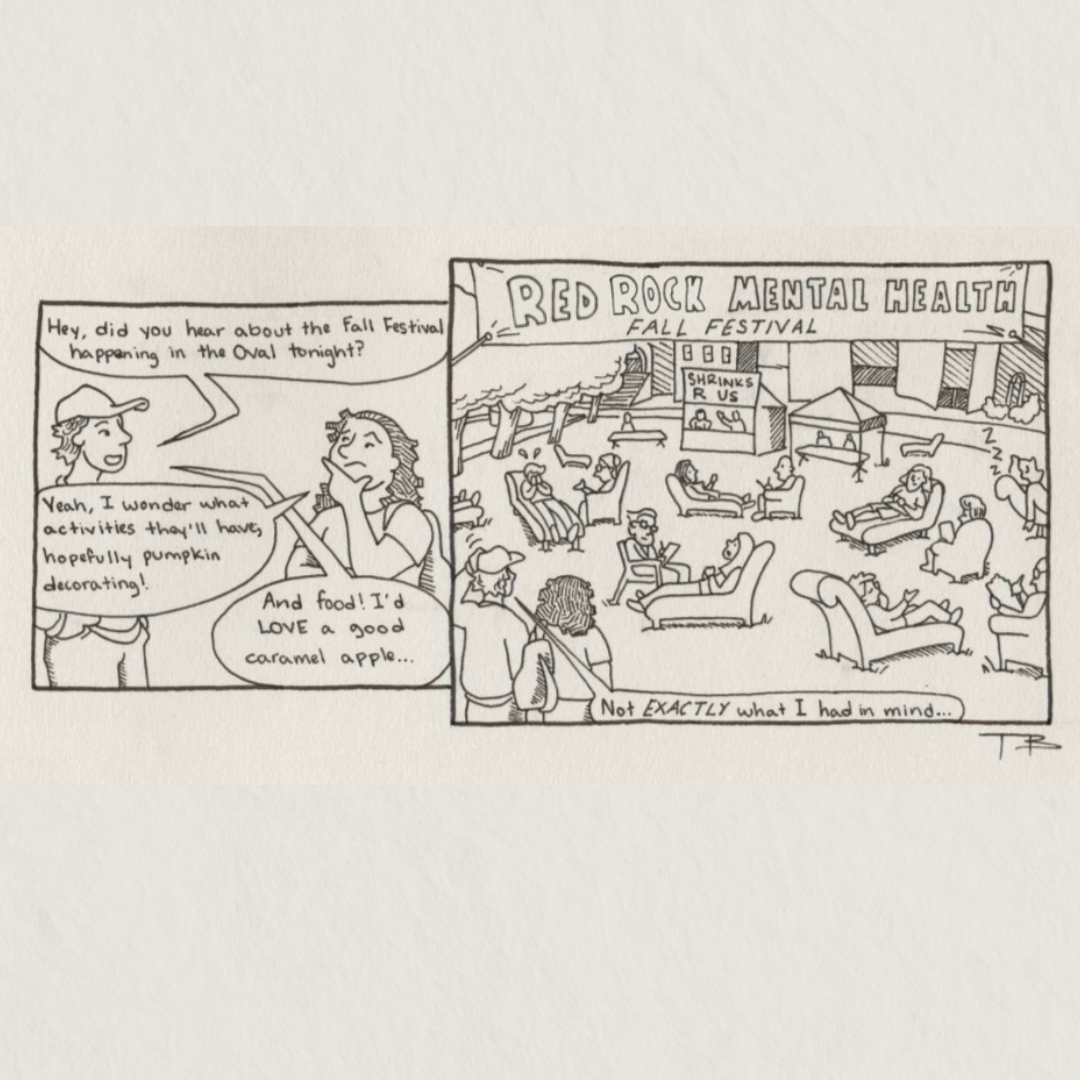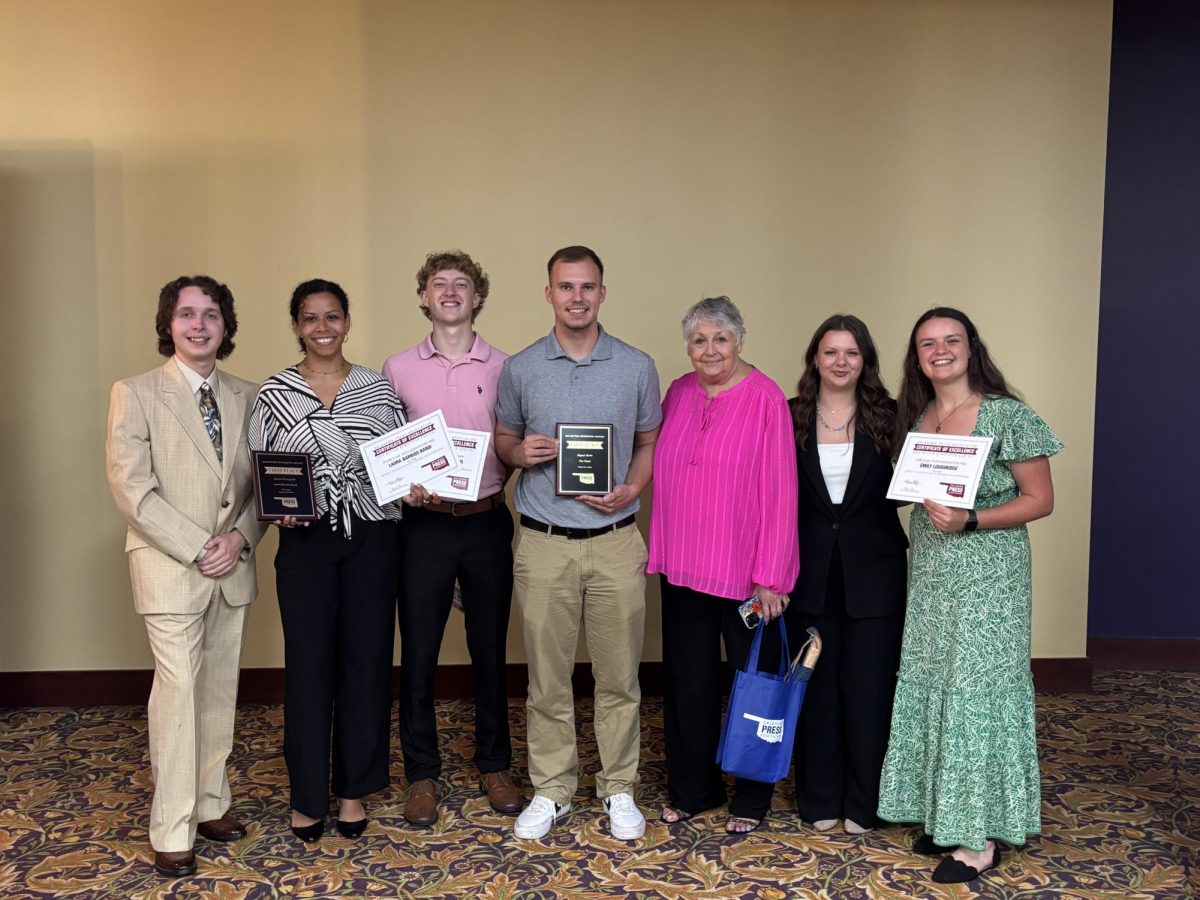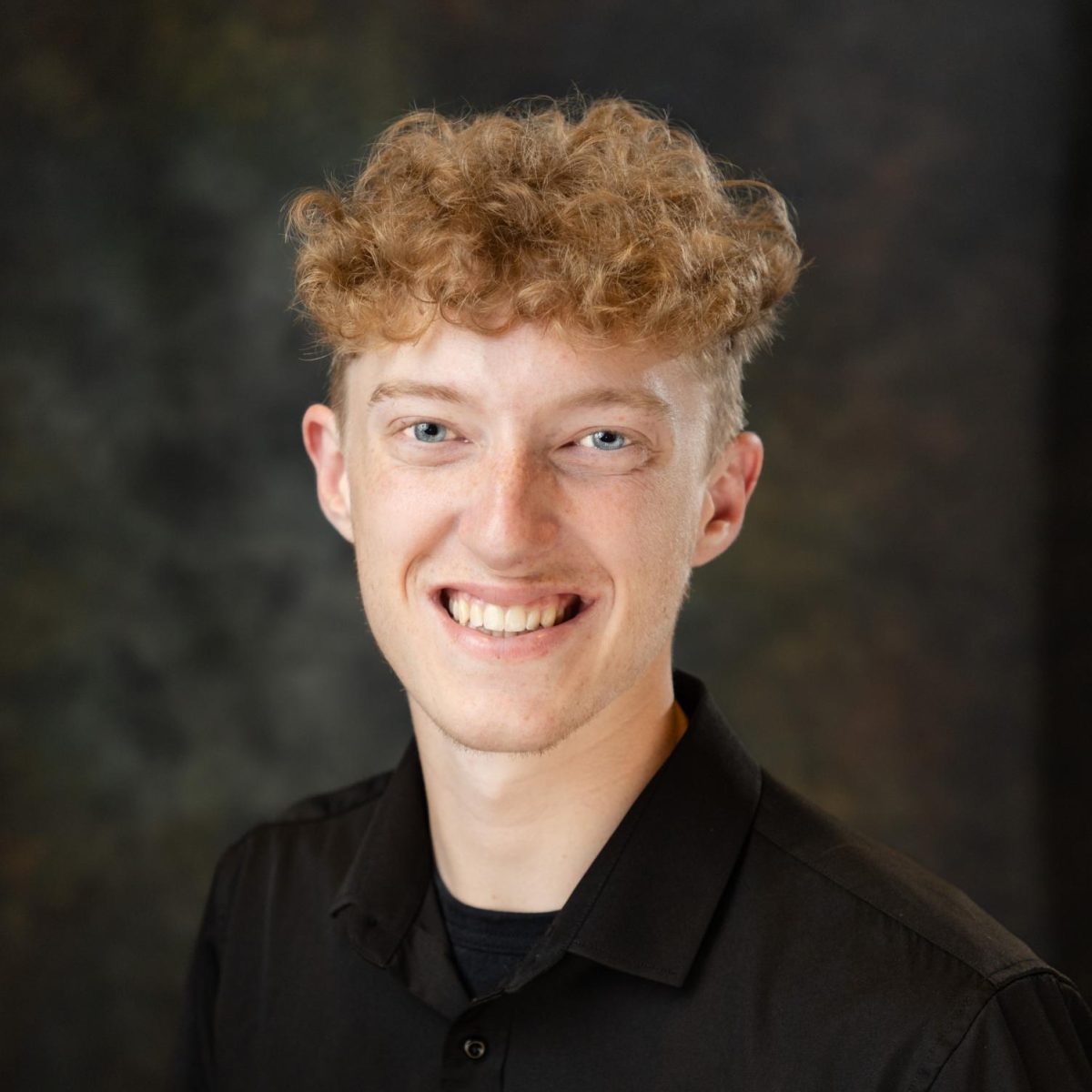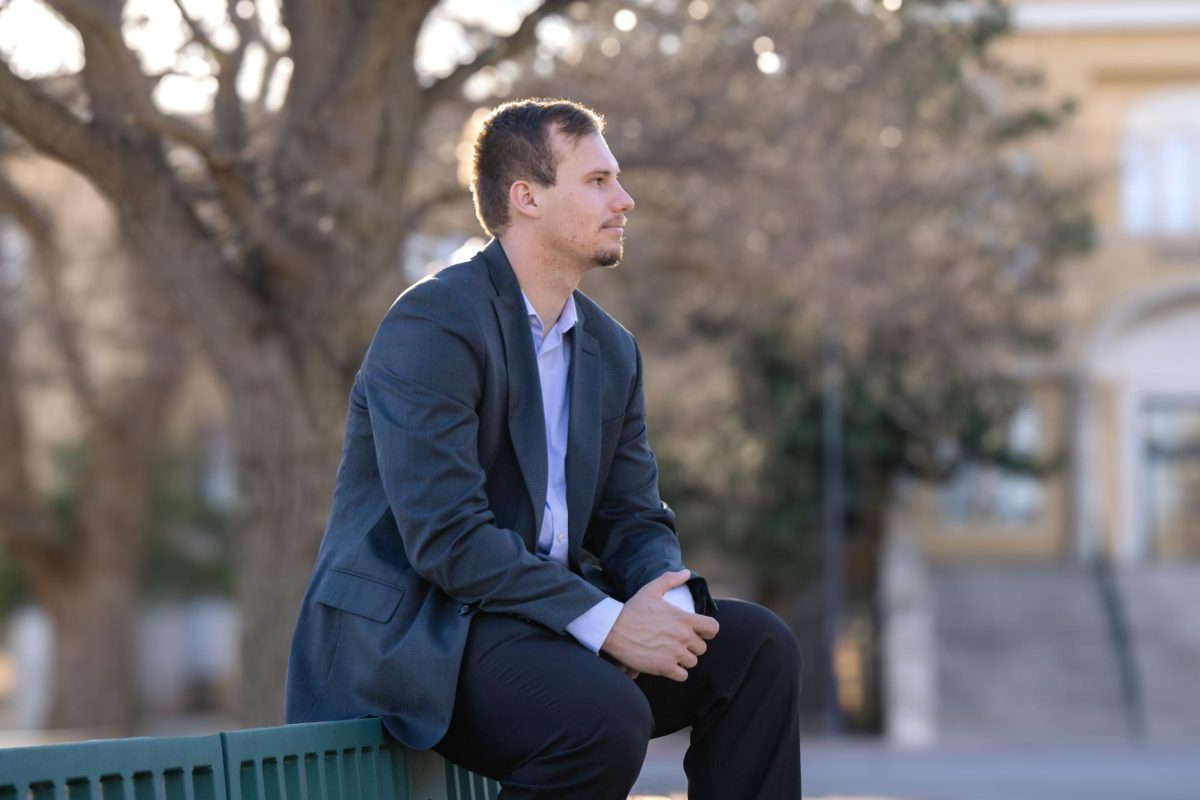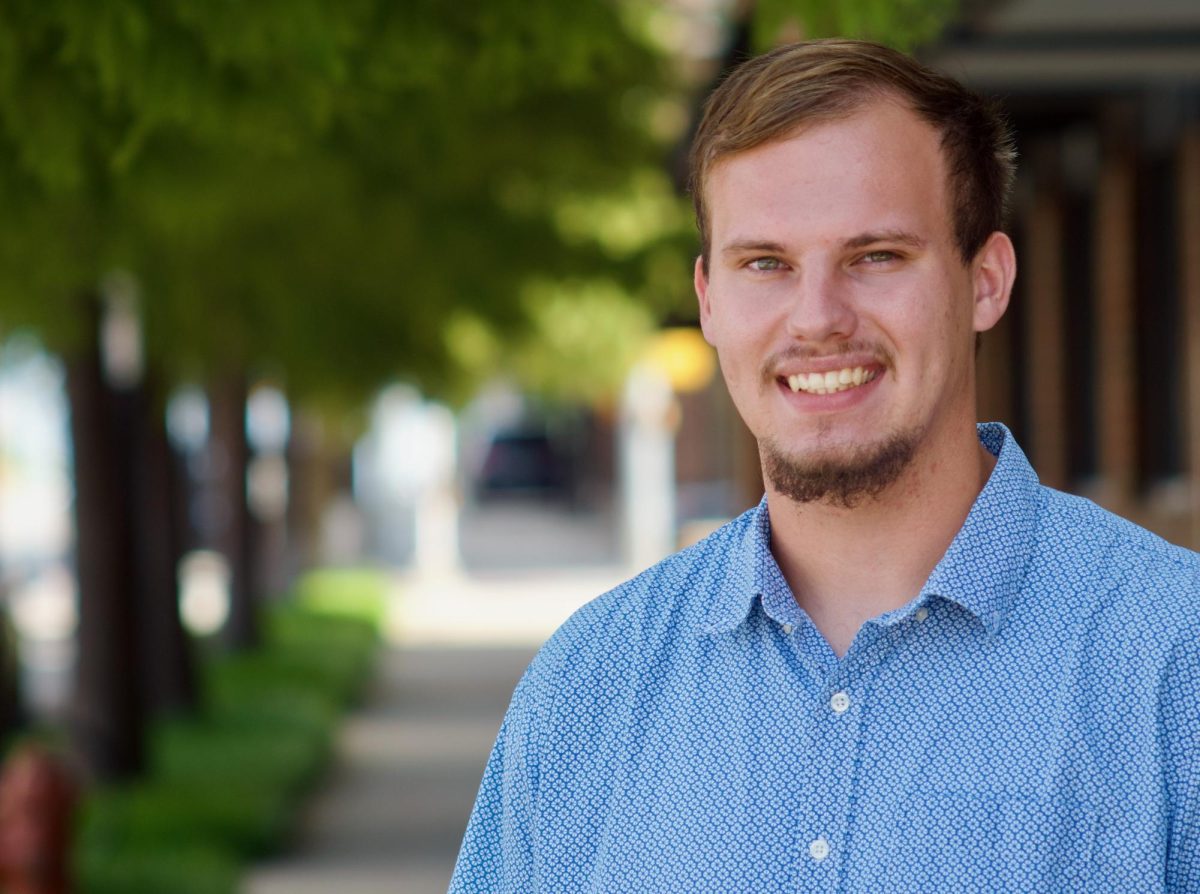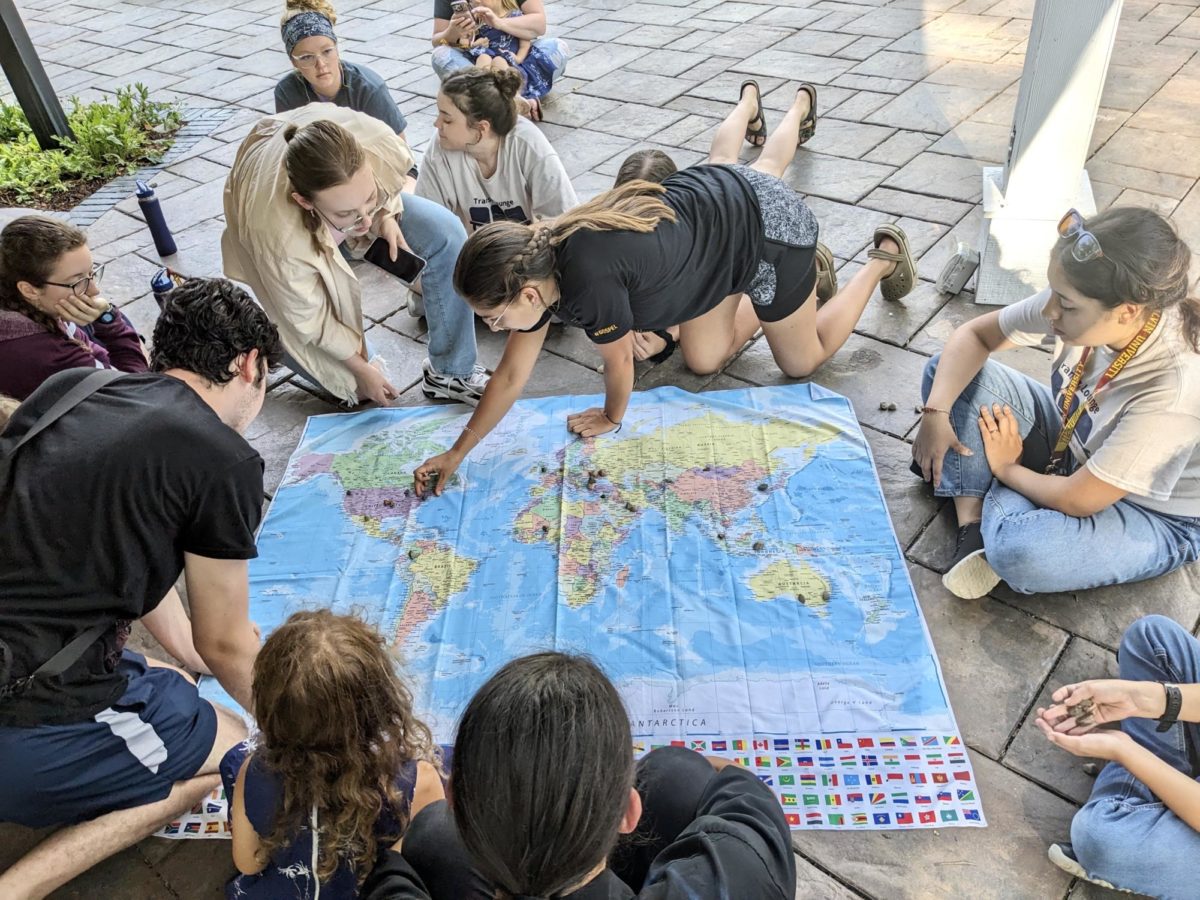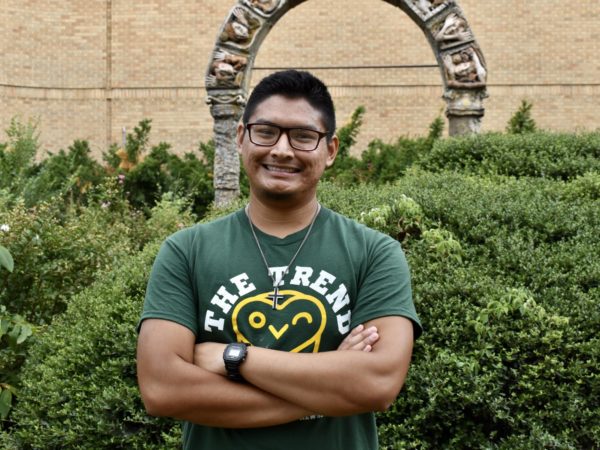The question “where are you from?” is easy for most to answer. But for others, this question can become complicated.
Third culture kids (TCK), as defined by the Merriam-Webster Dictionary, is a “child who grows up in a culture different from the one in which his or her parents grew up.” The question becomes difficult to answer since these people grow up experiencing many different cultures and ethnicities.
Thomas Wilcock, adjunct instructor of chemistry, and his wife Jodi directed a two-week transition seminar July 15-27 called Transit Lounge. The seminar was held at Calvin University in Grand Rapids, Michigan, the two-week seminar helped transition college aged TCKs from overseas into the American college system.
“The term TCK covers mission kids, military kids, children of those of the diplomatic core, children of expatriates or economic cores, and people that are living overseas for whatever reason,” Wilcock said.
In the program they directed this summer, all of the students present were children of missionaries.
Wilcock said that they interacted with students from Turkey, Oman, Mongolia, Niger, Ecuador, and Ghana at last month’s program. The students will be spread across the US once school starts, from Michigan to Pennsylvania to Oklahoma.
The Wilcocks have aided in TCK care for ten years, but have only been involved in the Transit Lounge seminar for the last three years. This is the first year that the couple has directed the seminar.
“Transitions are hard to many of us, but especially hard to people who don’t feel like they belong anywhere, and who maybe feel invisible,” Jodi said. “Getting to walk alongside these people and make these connections is truly special.”
This summer’s seminar was much like a freshman orientation, Wilcock said.
“We had a pretty packed schedule,” Wilcock said. “We did sessions talking about identity, transition, loss and grief, healthy and unhealthy coping, and relationship building. We also talked about the American culture in general, and how one can fit into the United States paradigm. There were also team building events and get-to-know-you events.”
It can be hard to identify a TCK, as they have no outside indicators that they are TCKs. Jodi said this is why getting to know the stories of people is very important.
“It’s an encouragement to learn from each other’s stories,” Jodi said. “Never assume you know someone’s story because of what they look like. Be learners of each other’s stories.”
Wilcock said he can relate to a TCK, as he himself is one.
“I am an Englishman (my parents are English),” Wilcock said. “I grew up in Colombia, Panama, and Mexico, and I’m living and working in the U.S. because I was born in the United States. I’m not culturally any of these, but I identify more with Latin American culture than the others.”
“The question ‘where are you from?’ is easy for most mono-cultural people, but for someone like me, it becomes a meaningless question because I can answer it in so many ways and be technically correct,” Thomas said.
Jodi says that they have built connections and long-lasting friendships through these seminars, and still have students who reach out to them, years after they go through the Transit Lounge.
“Jodi and I would like to make the transition to full-time TCK care in the future,” Wilcock said. “We would love to start a gap-year program for these kids from high school to college.”
Paul Tointigh is a fourth-year commuication major at the University of Science and Arts of Oklahoma.


